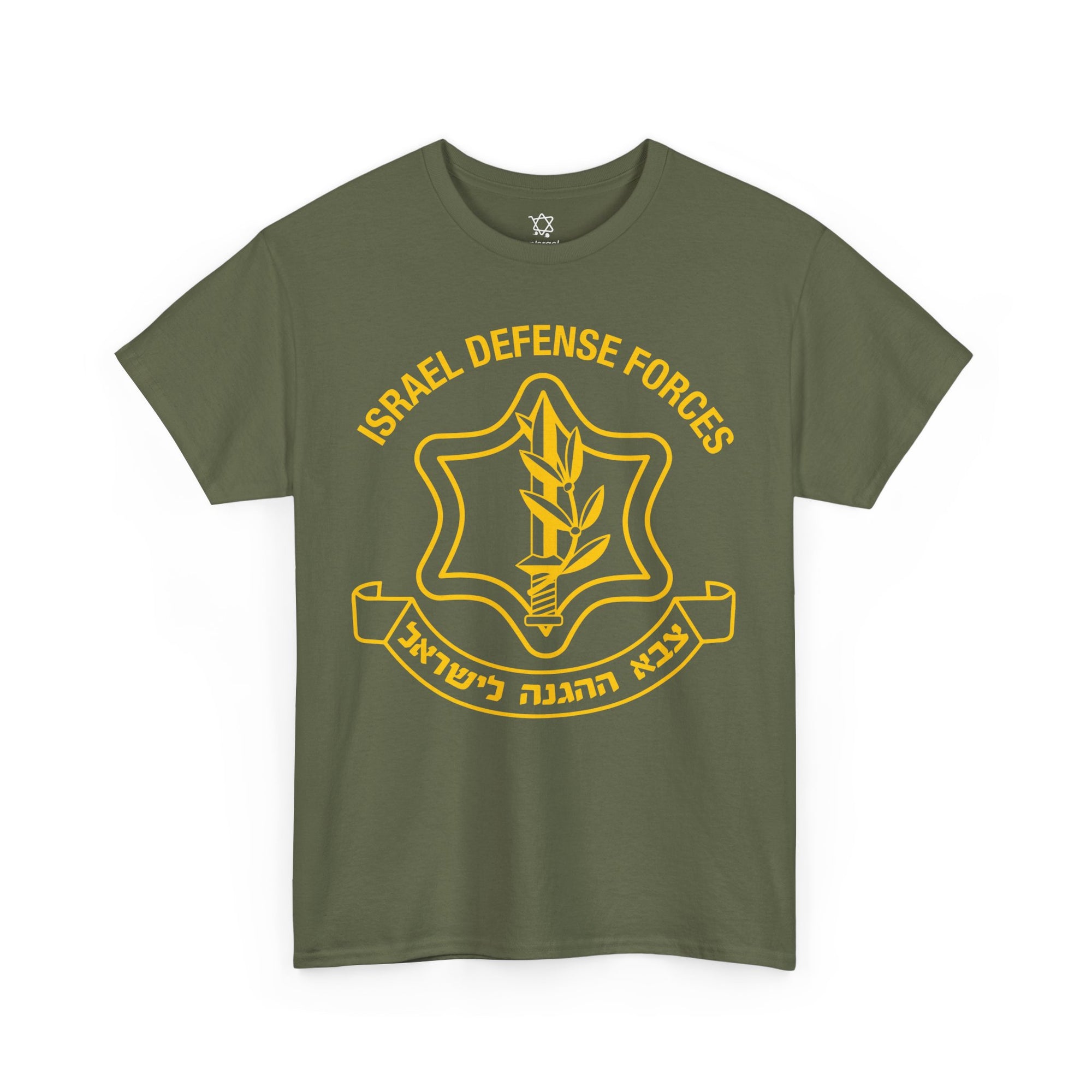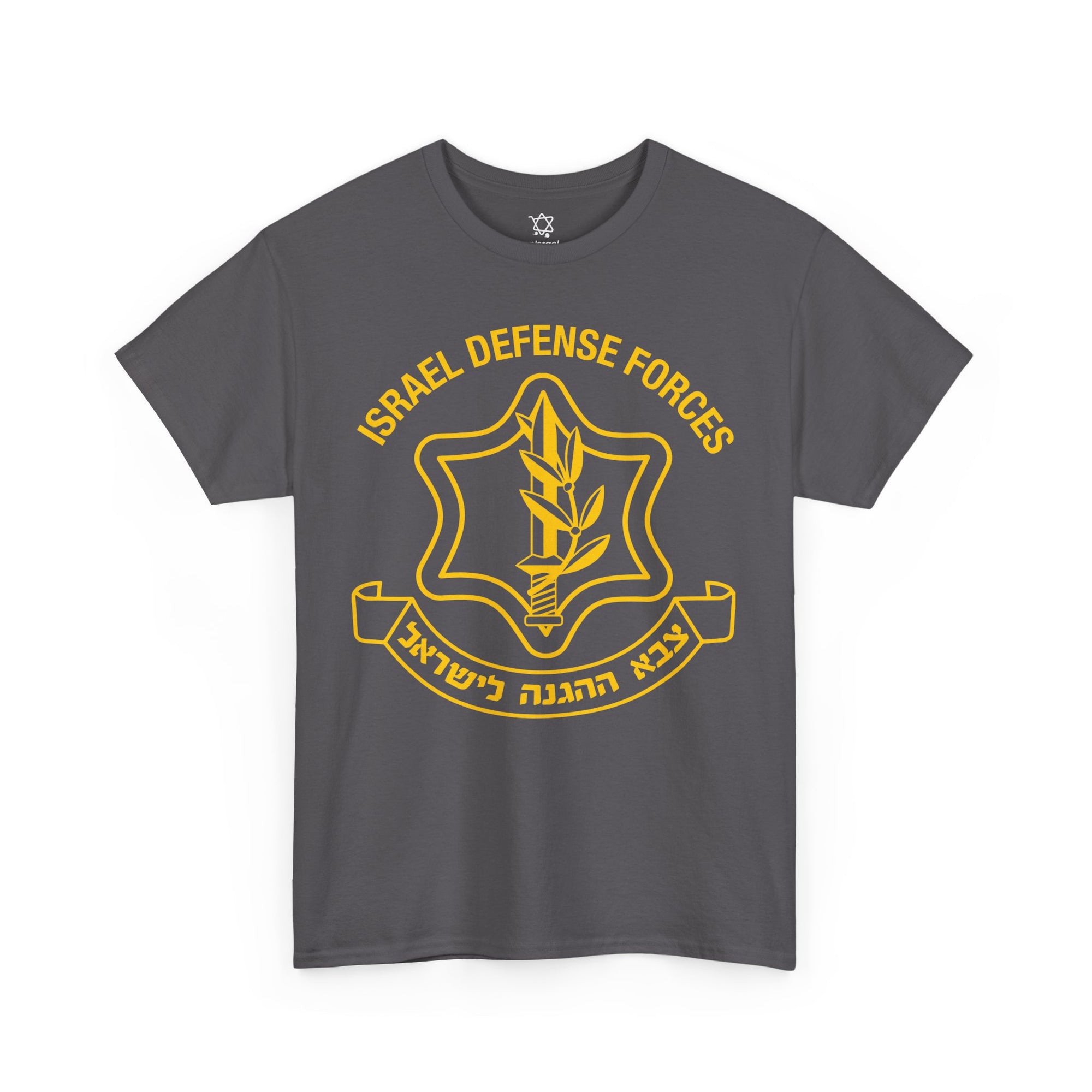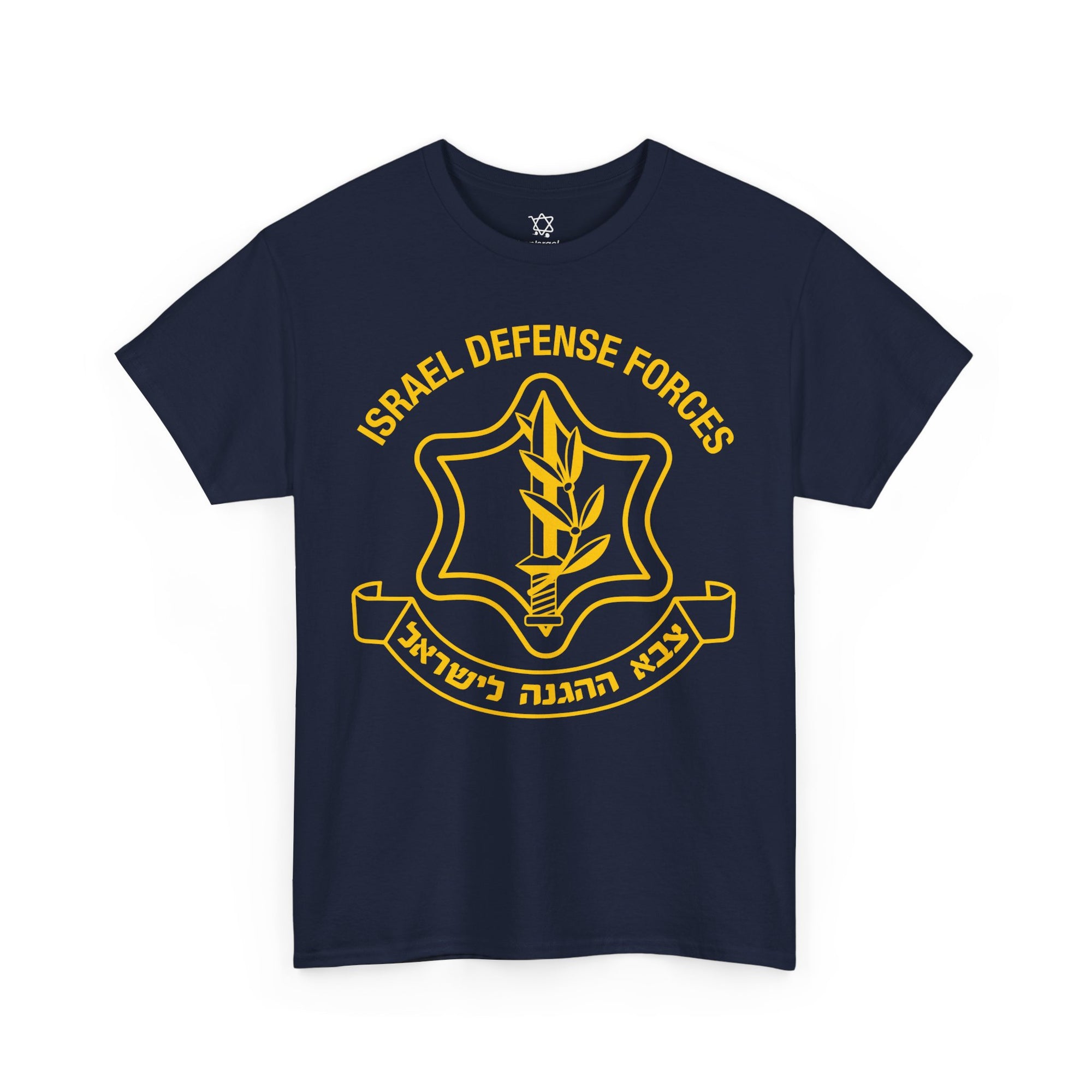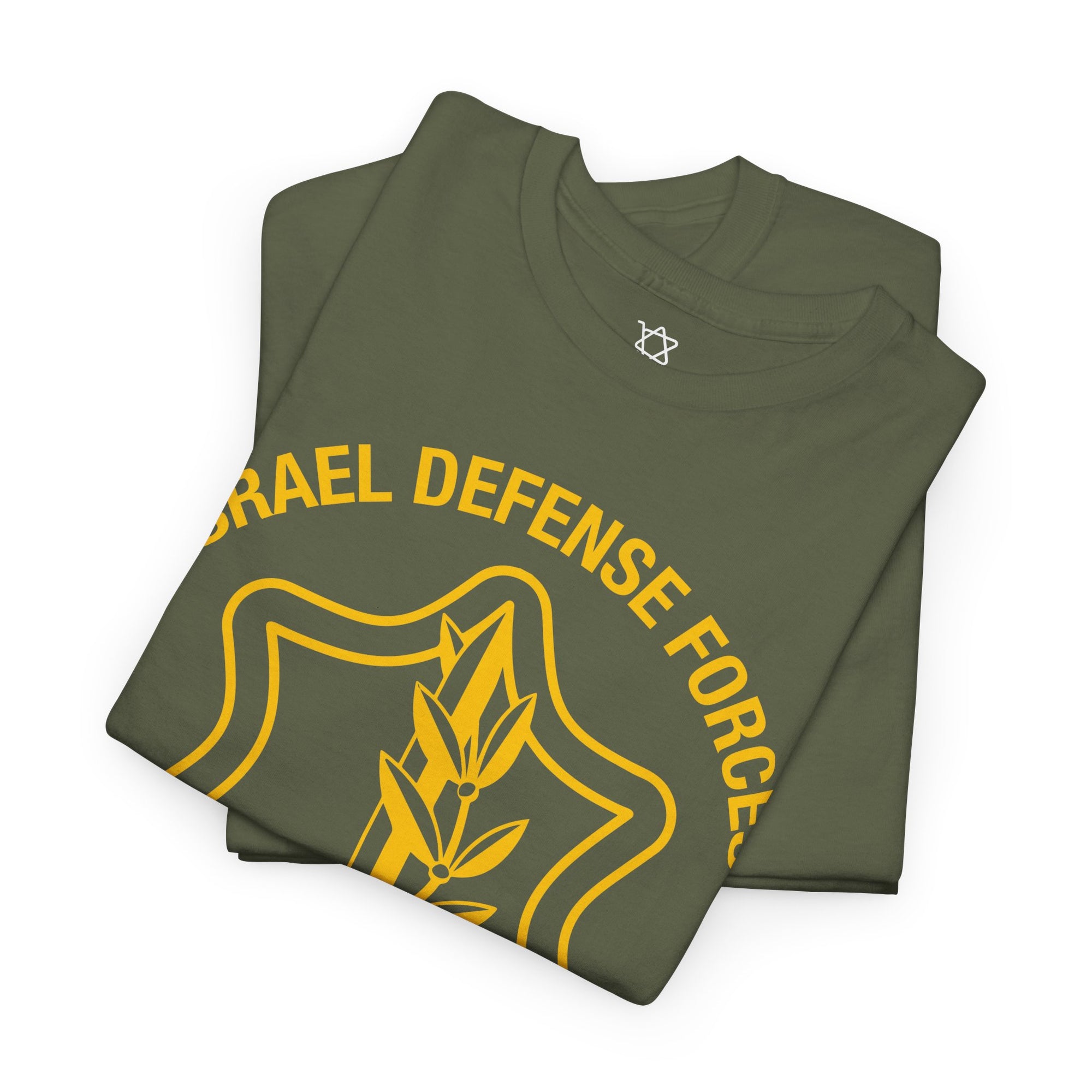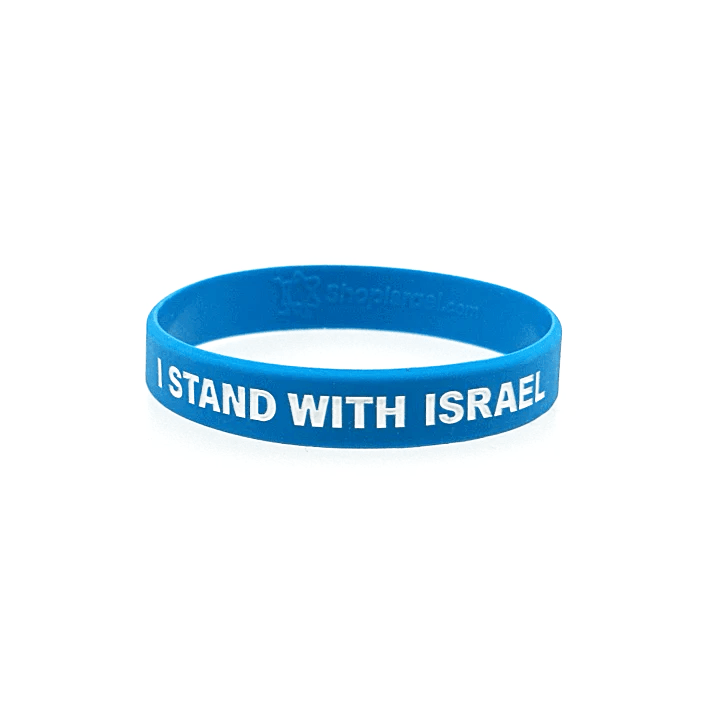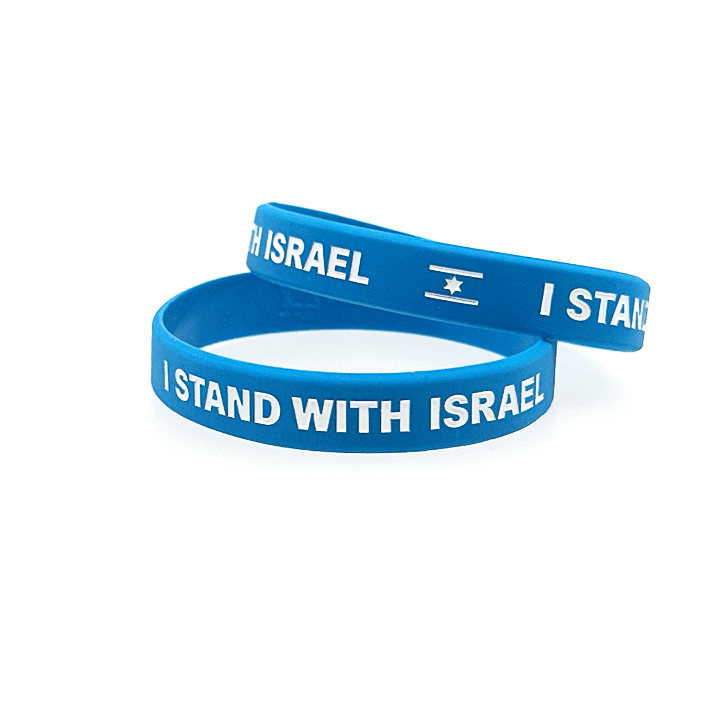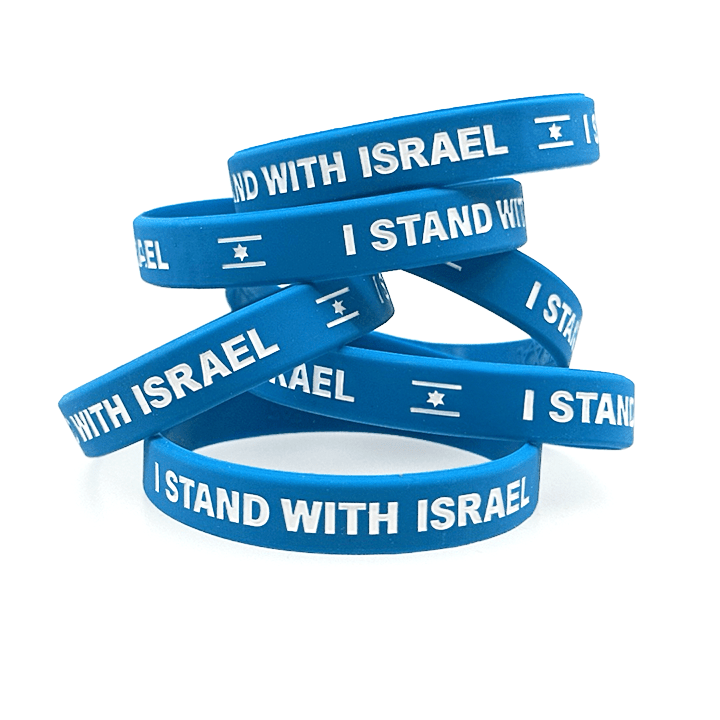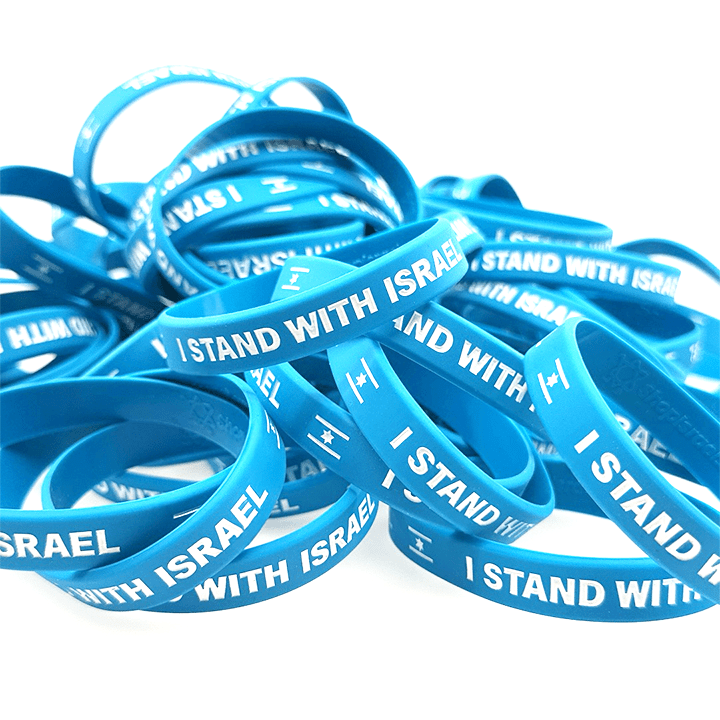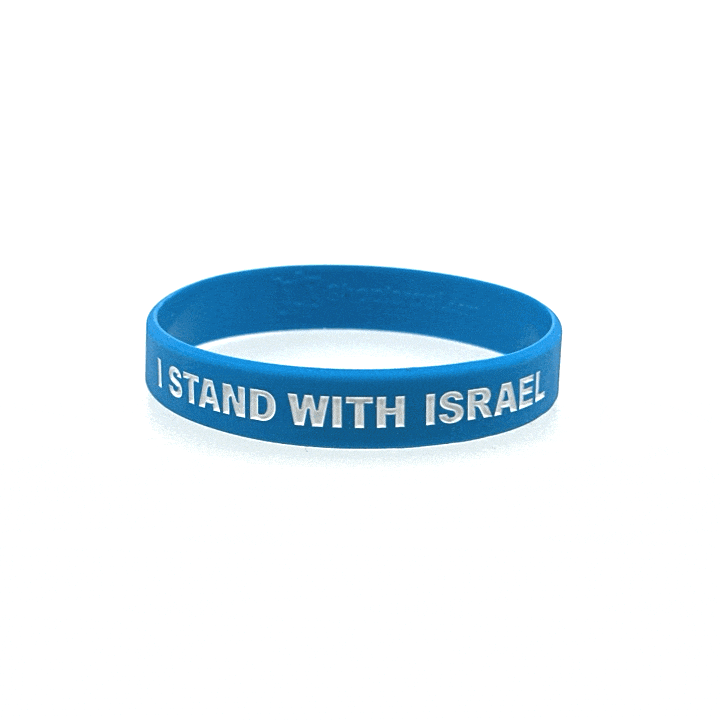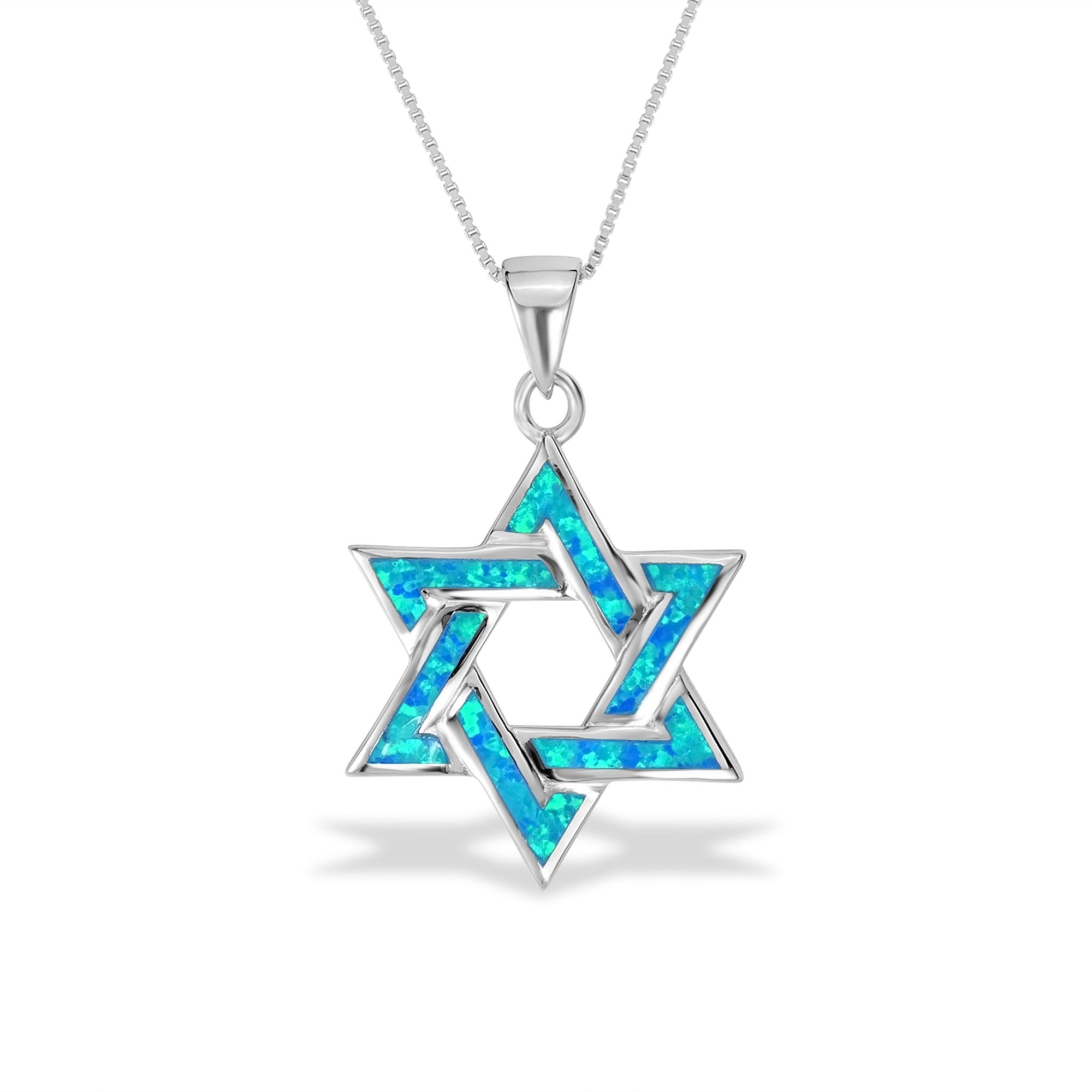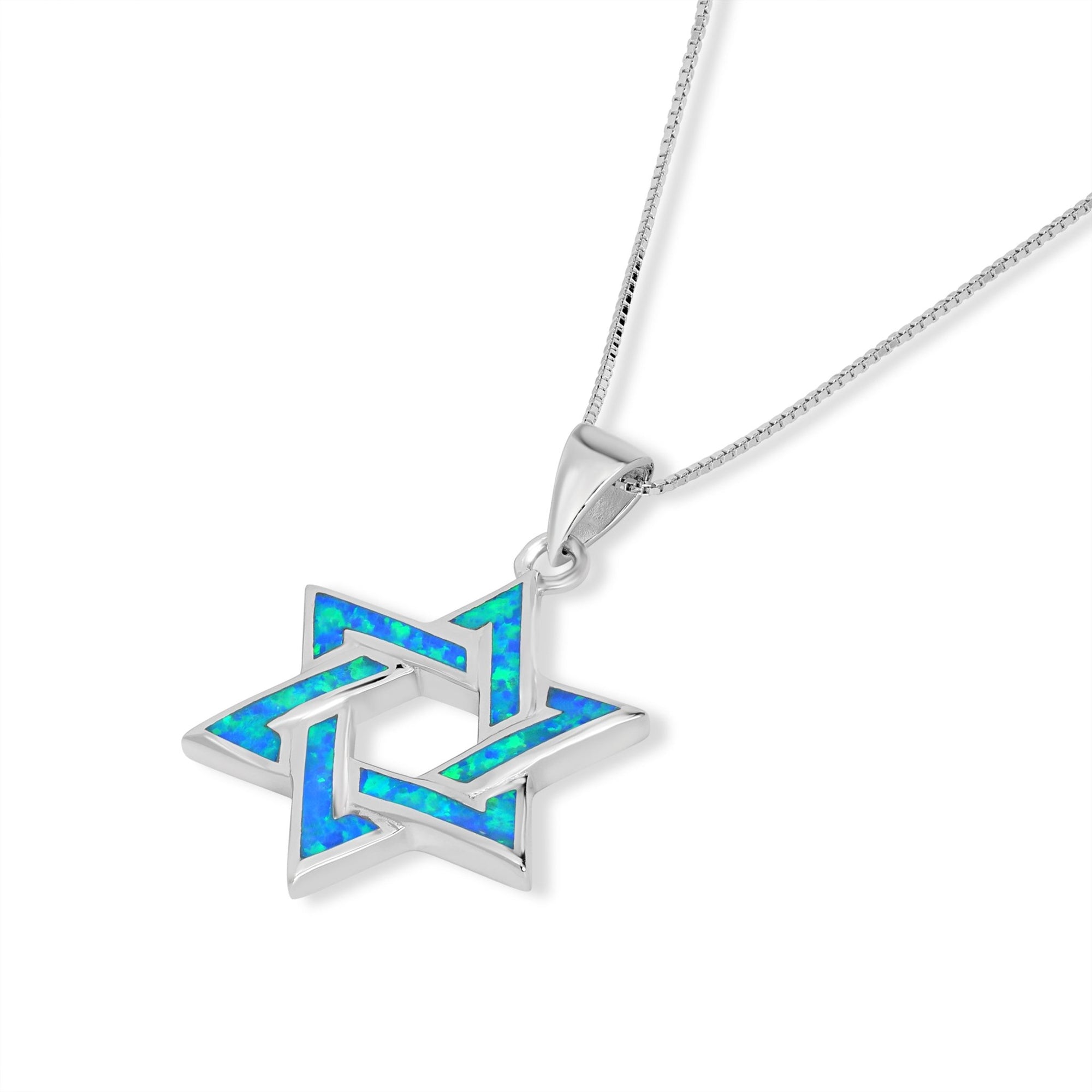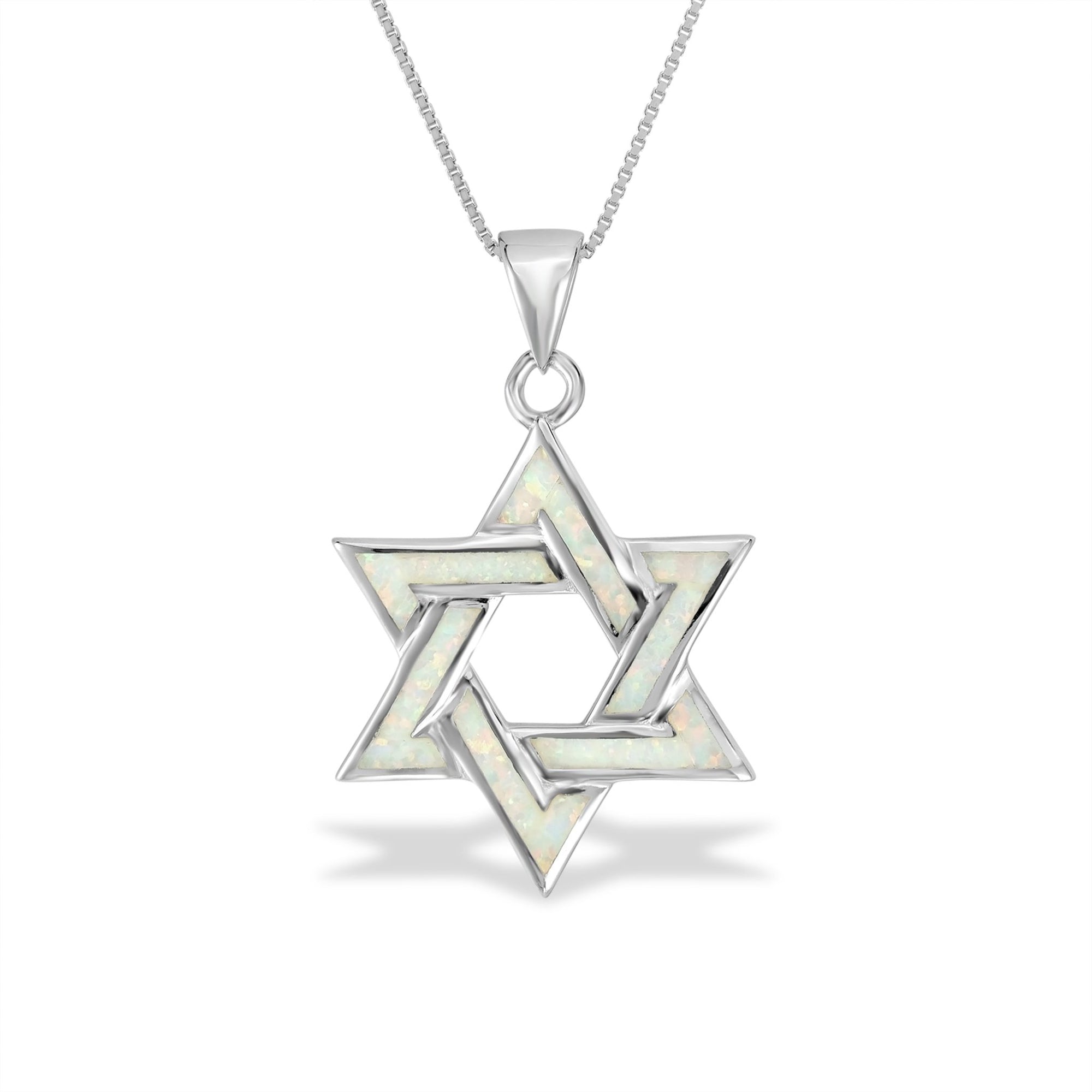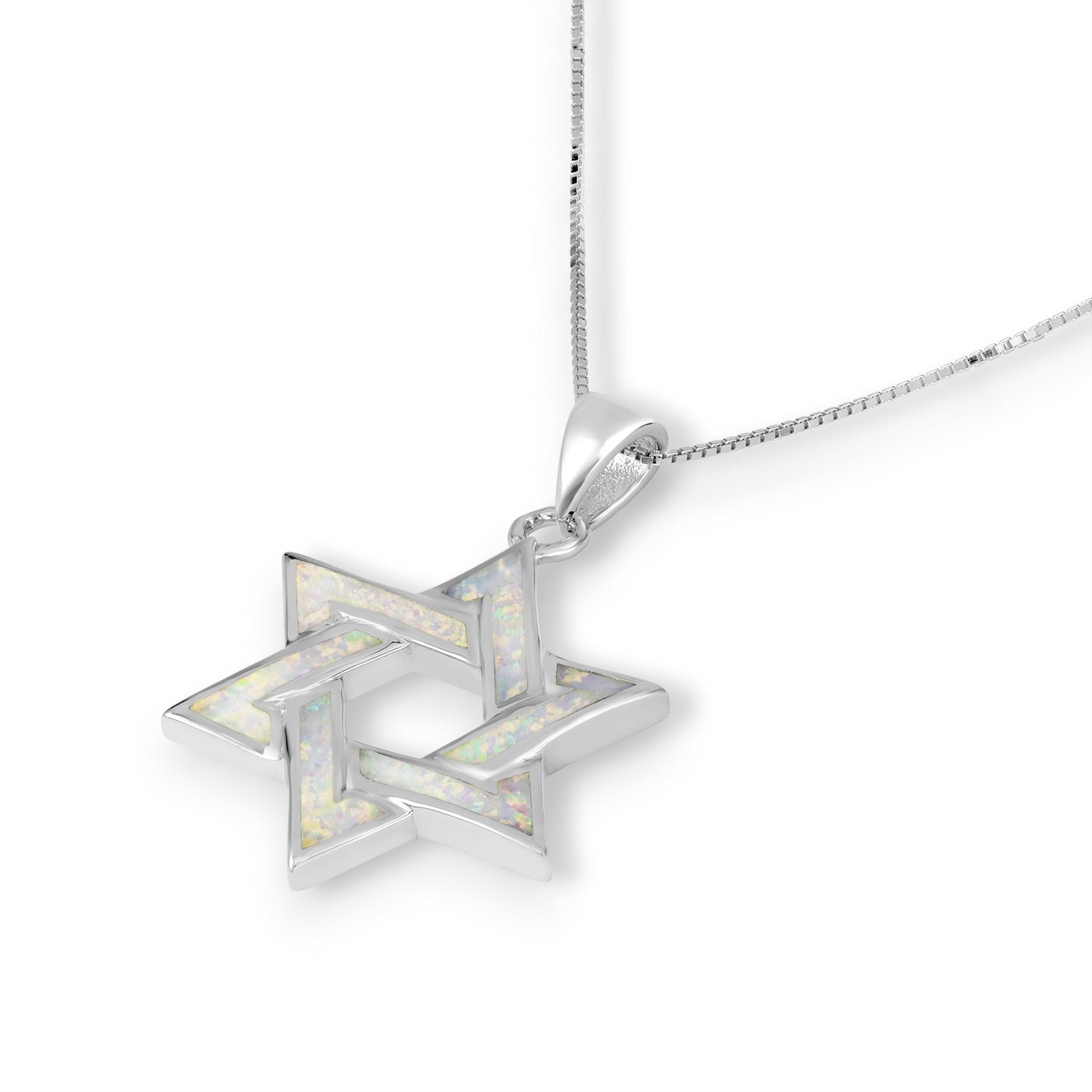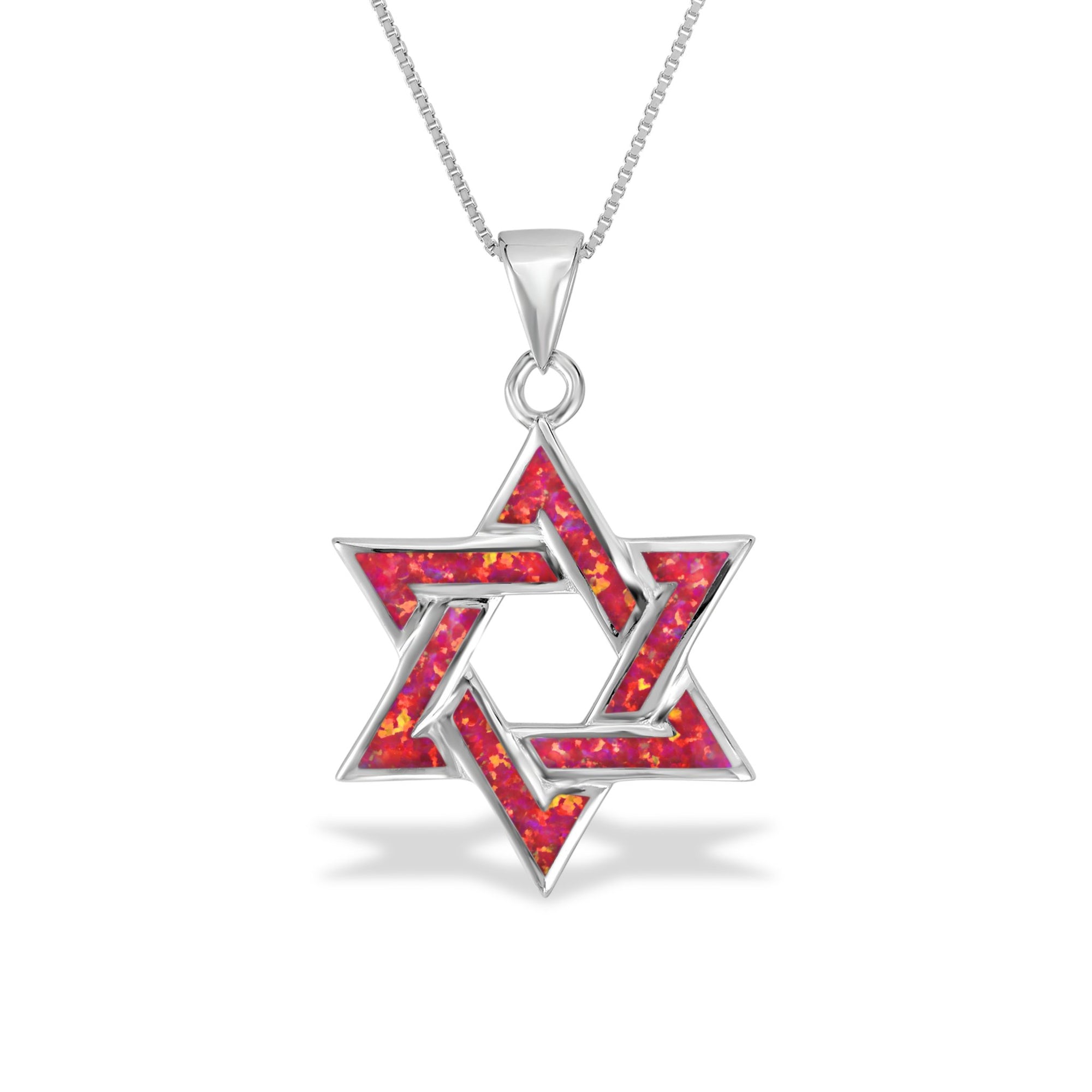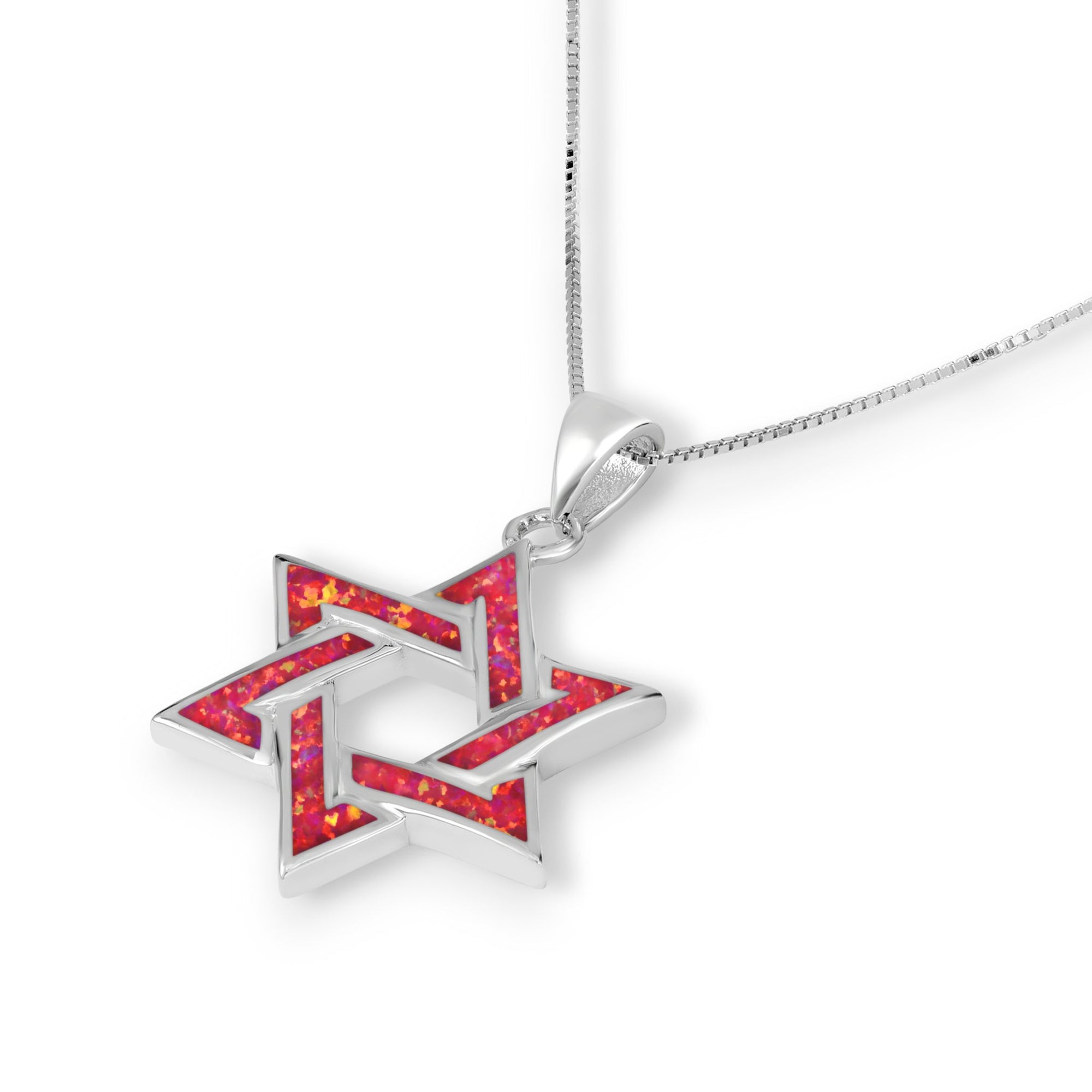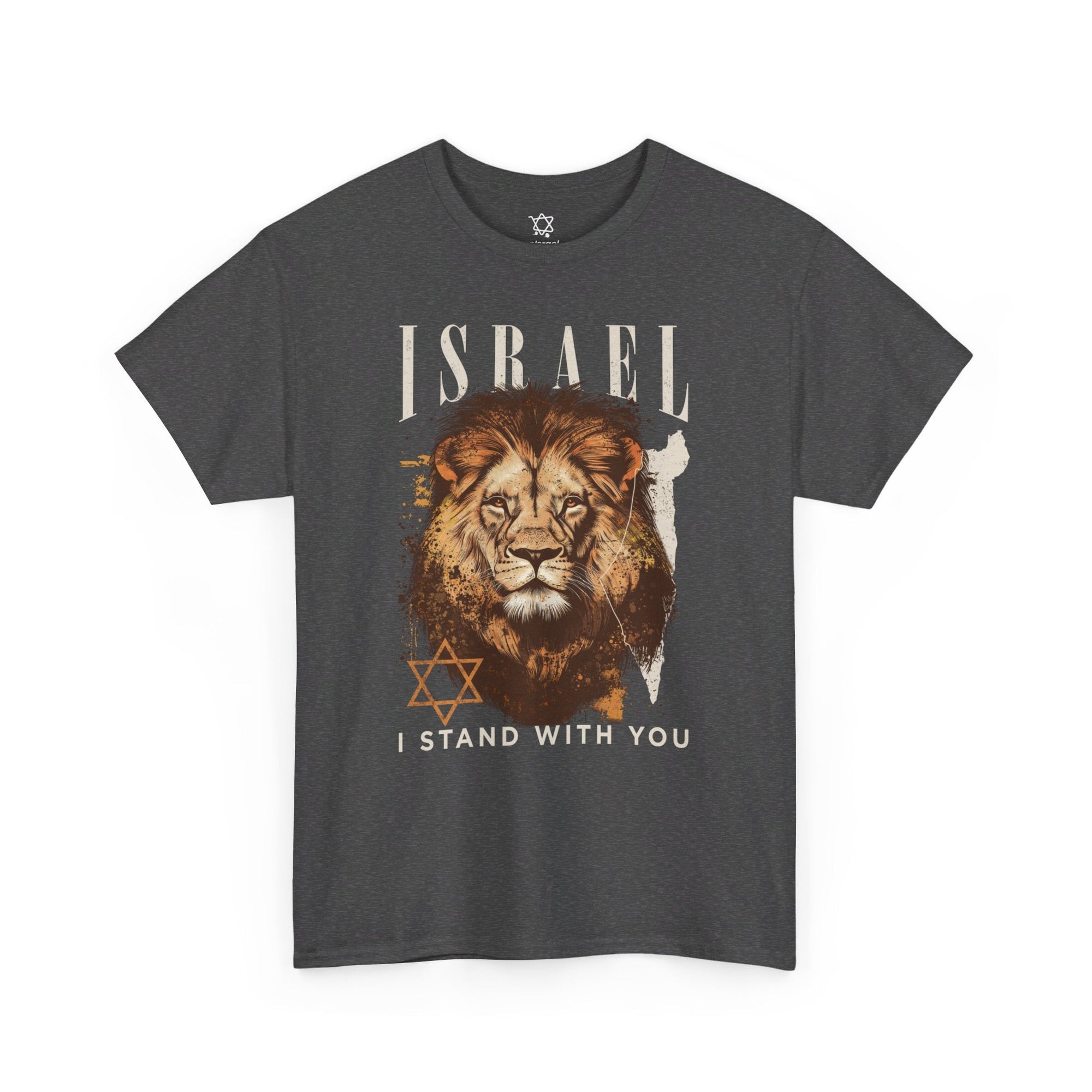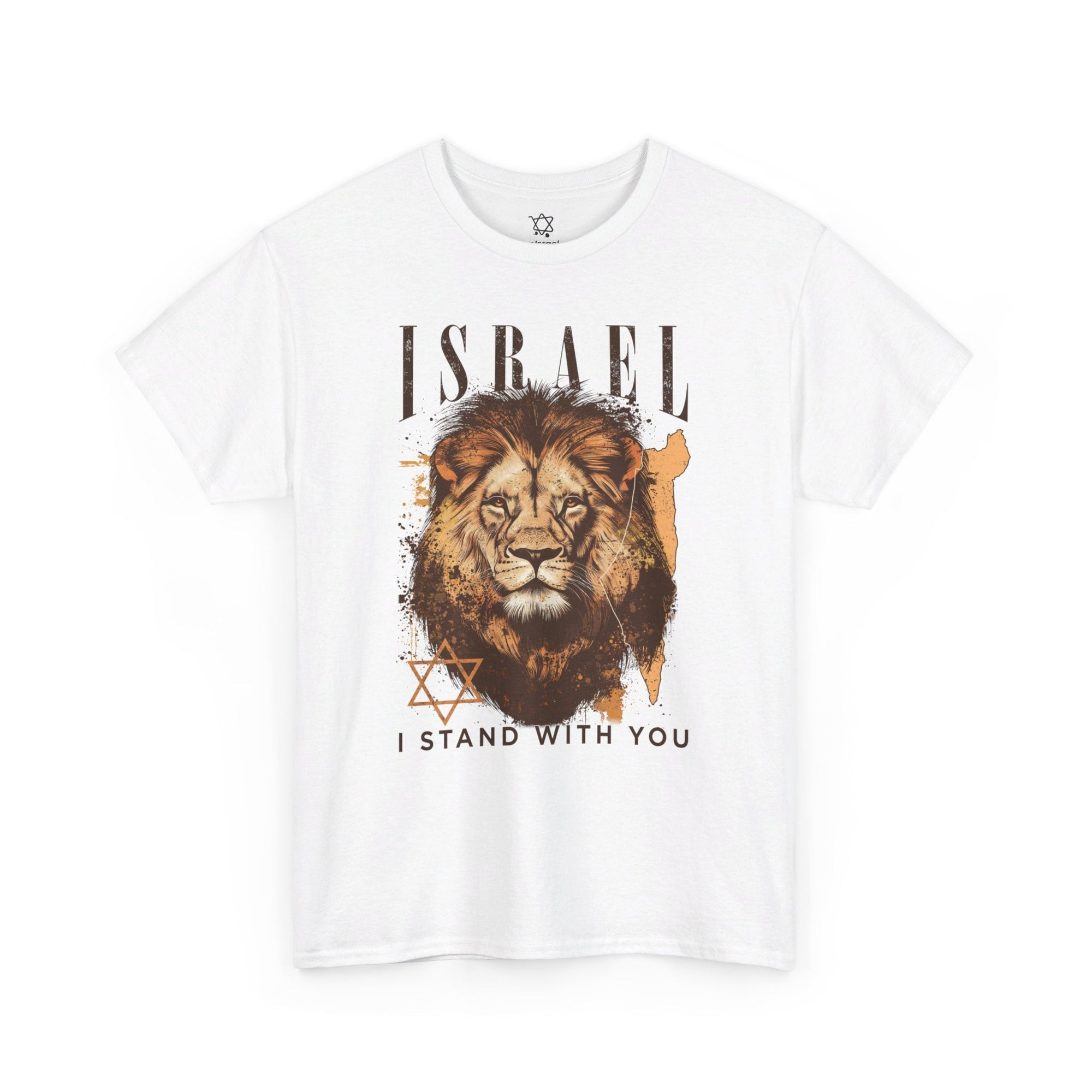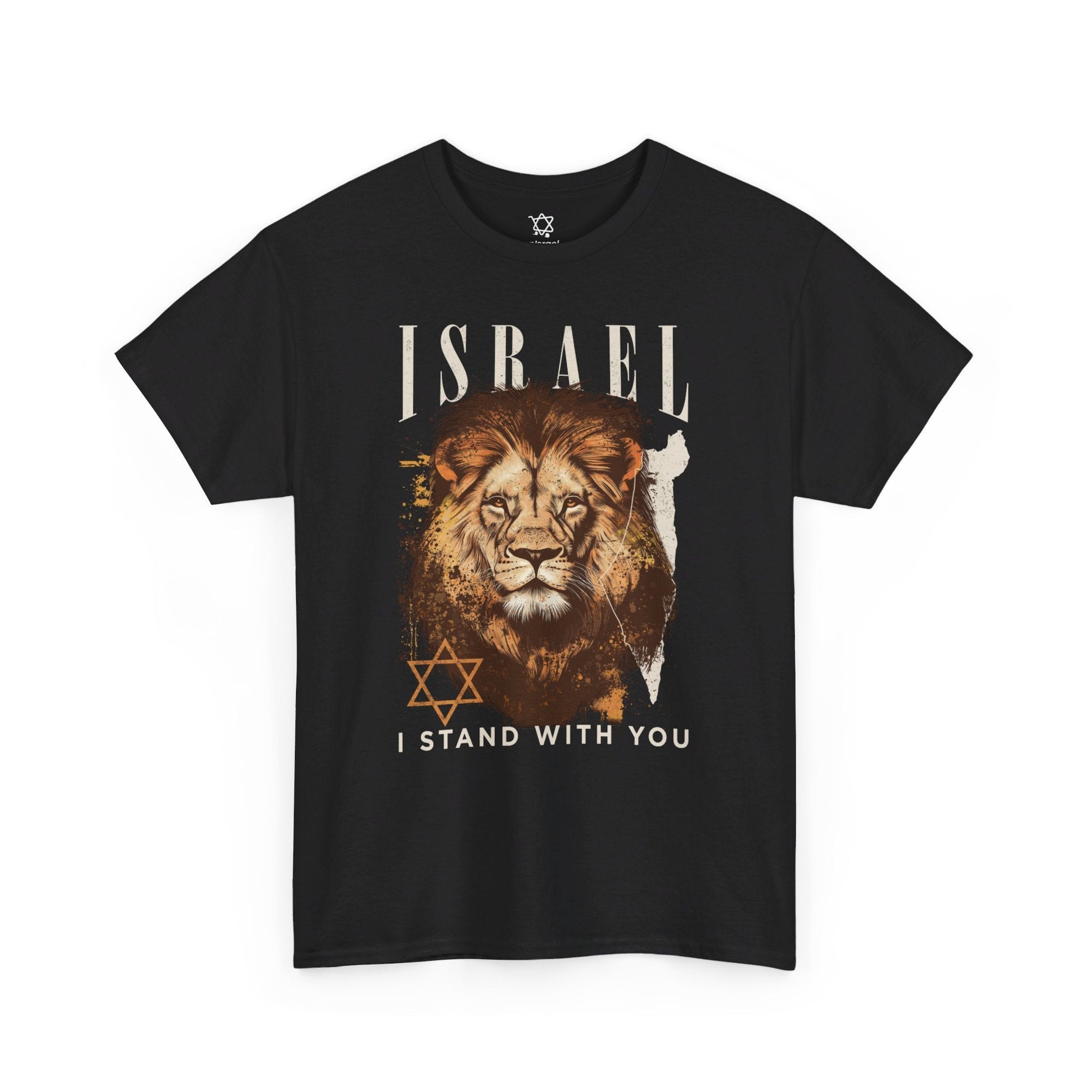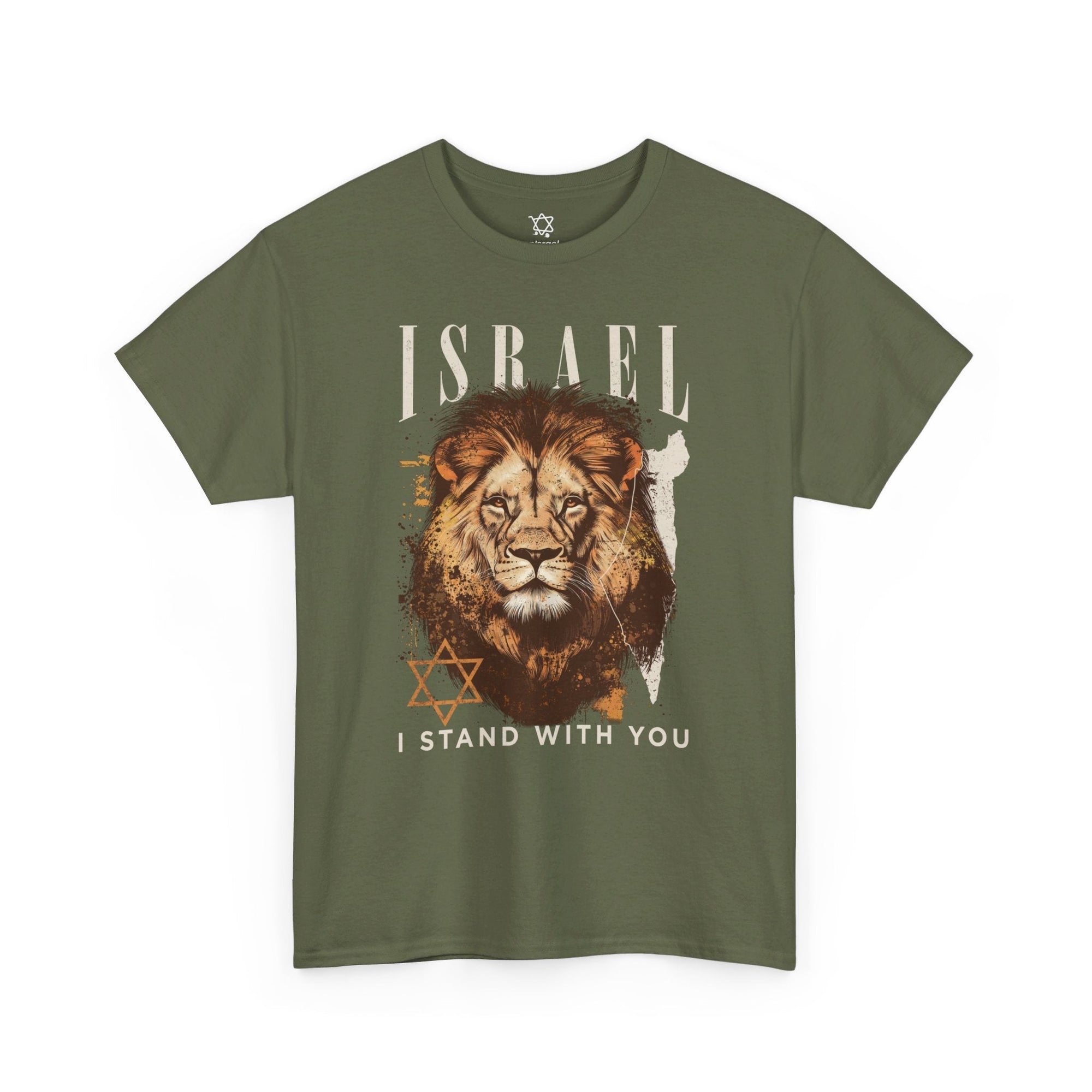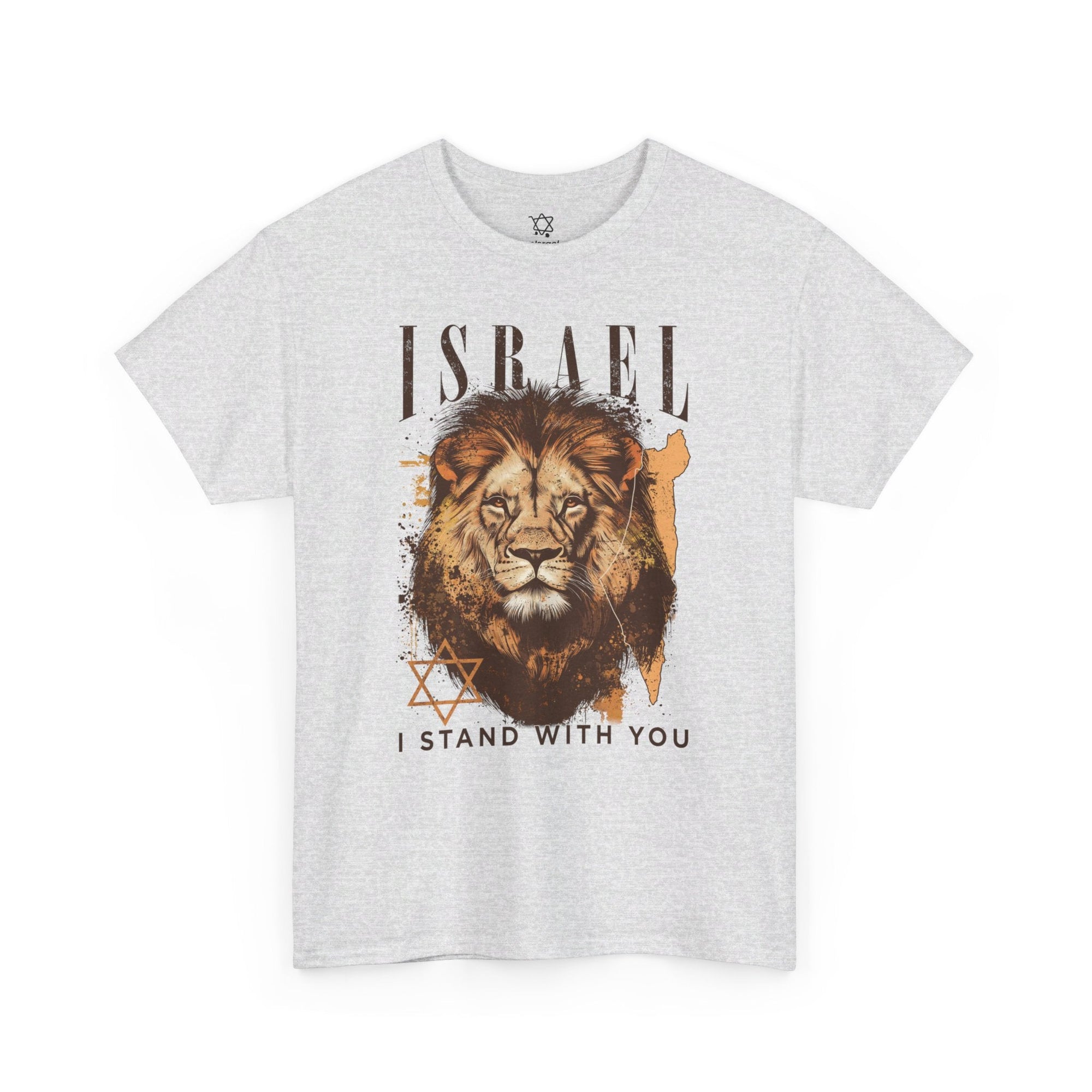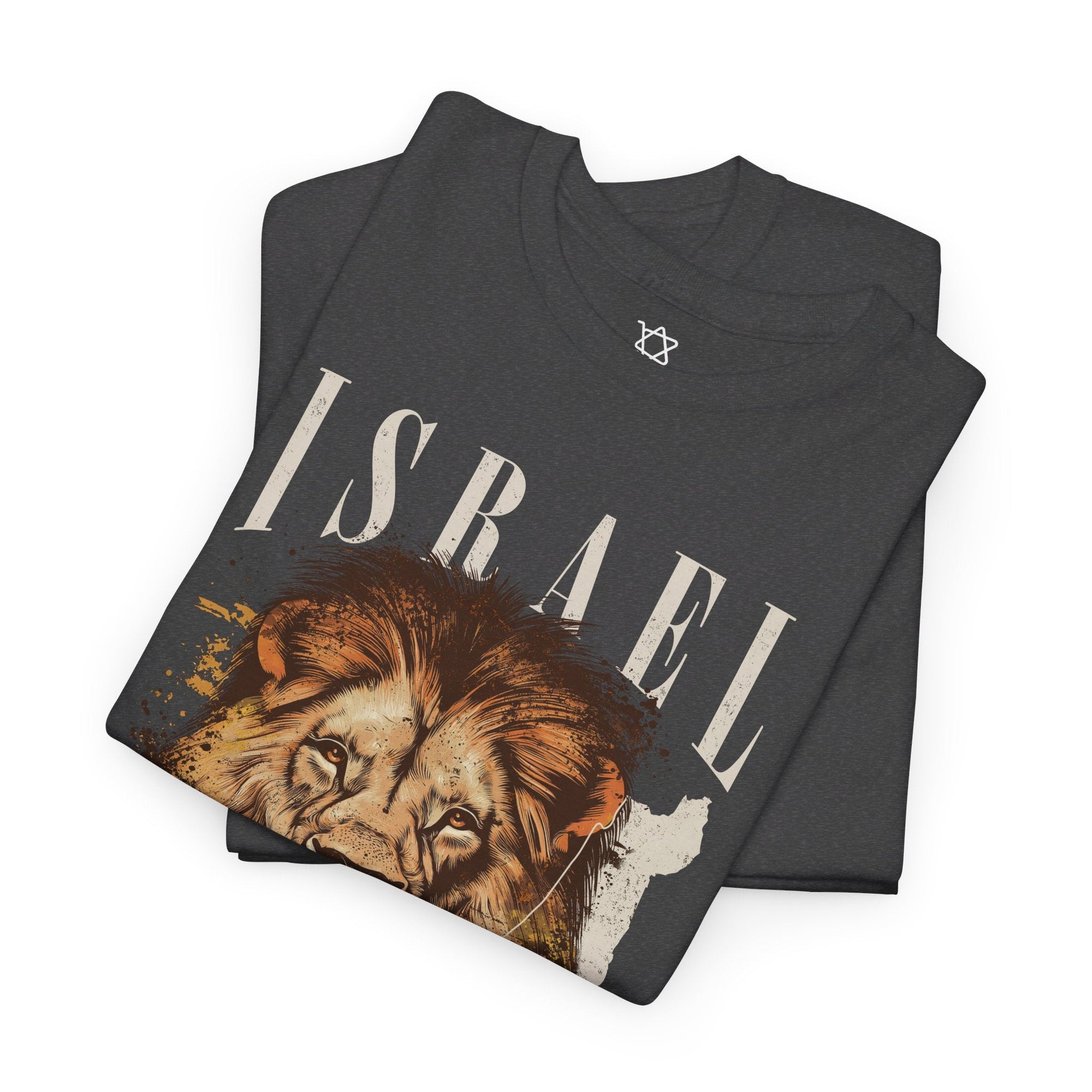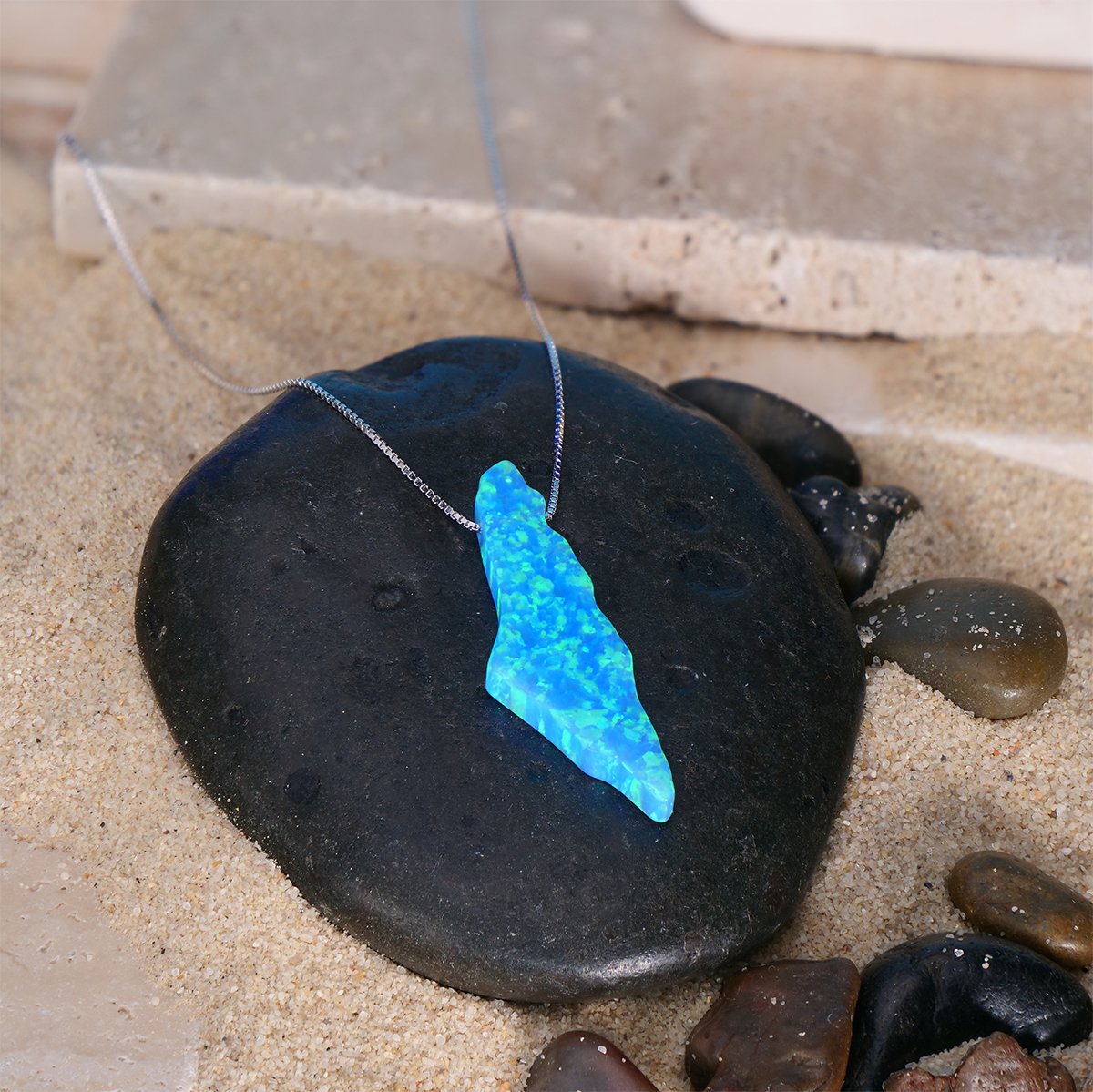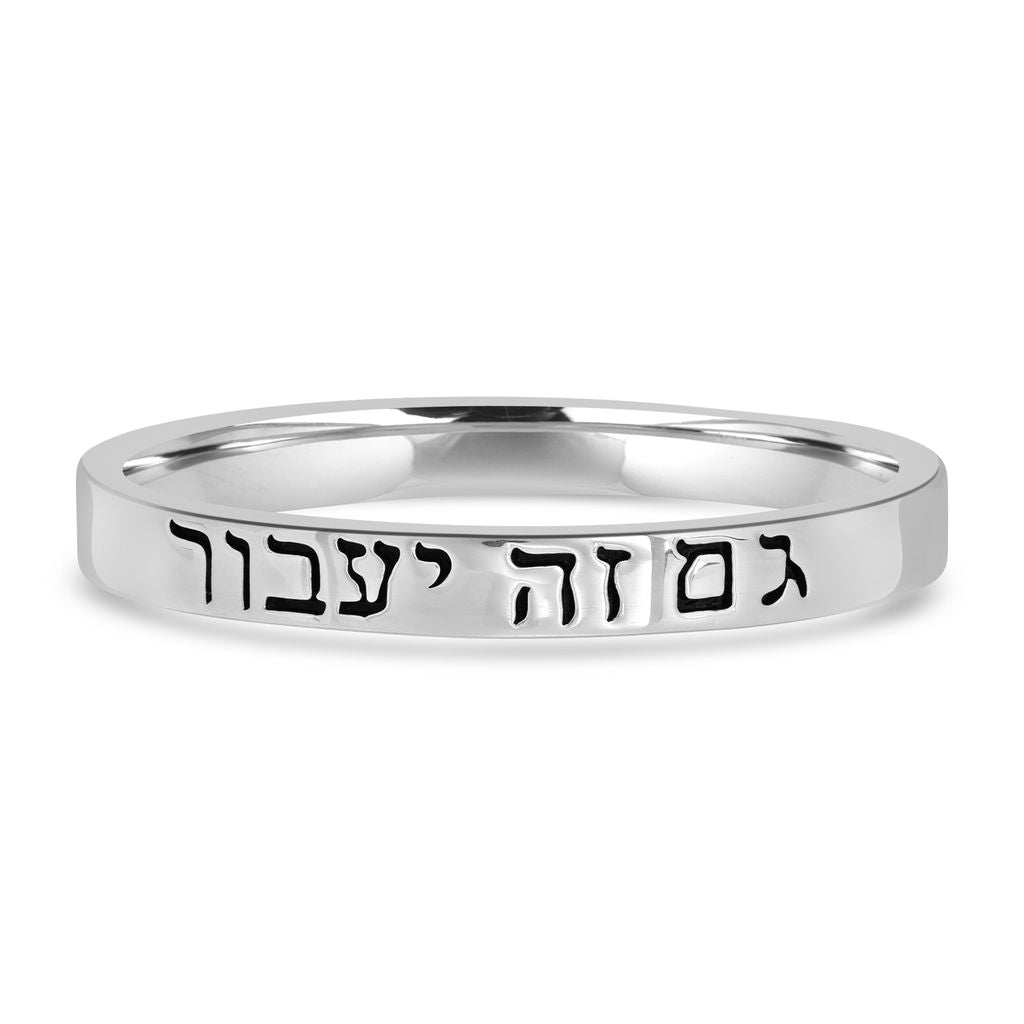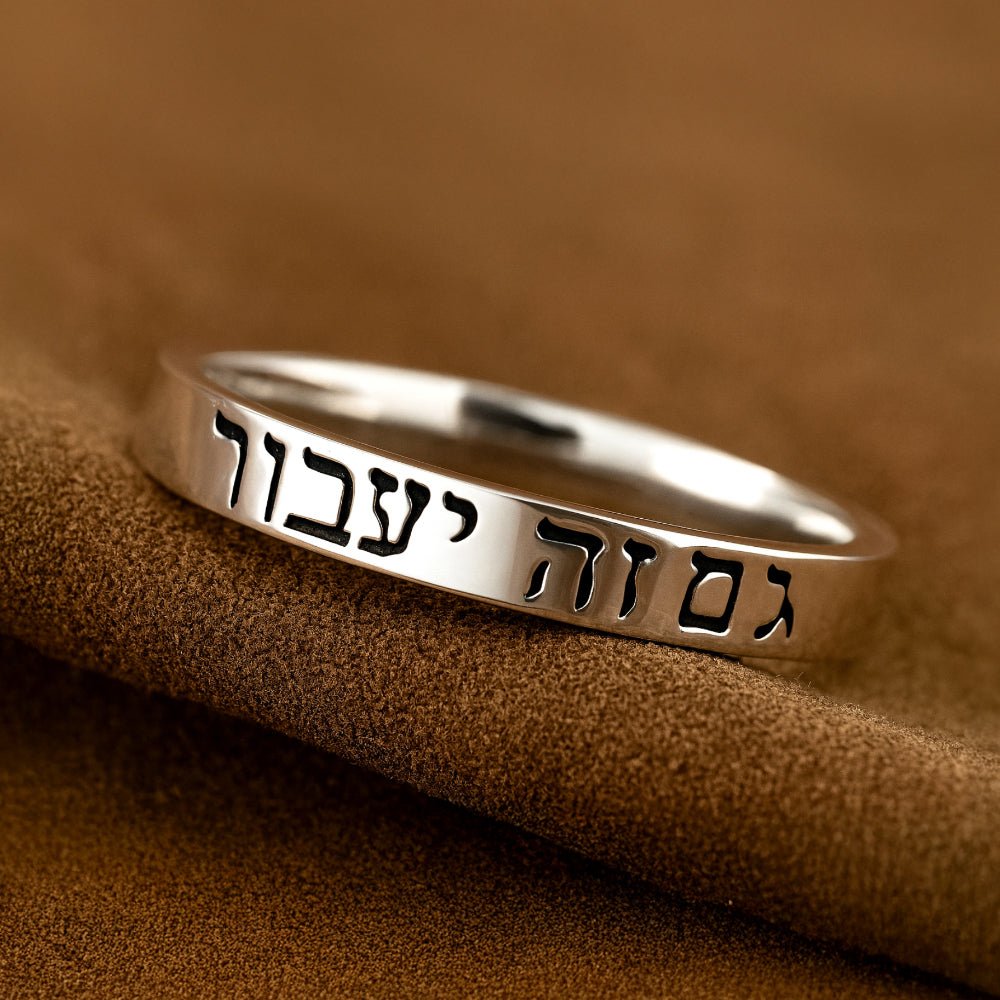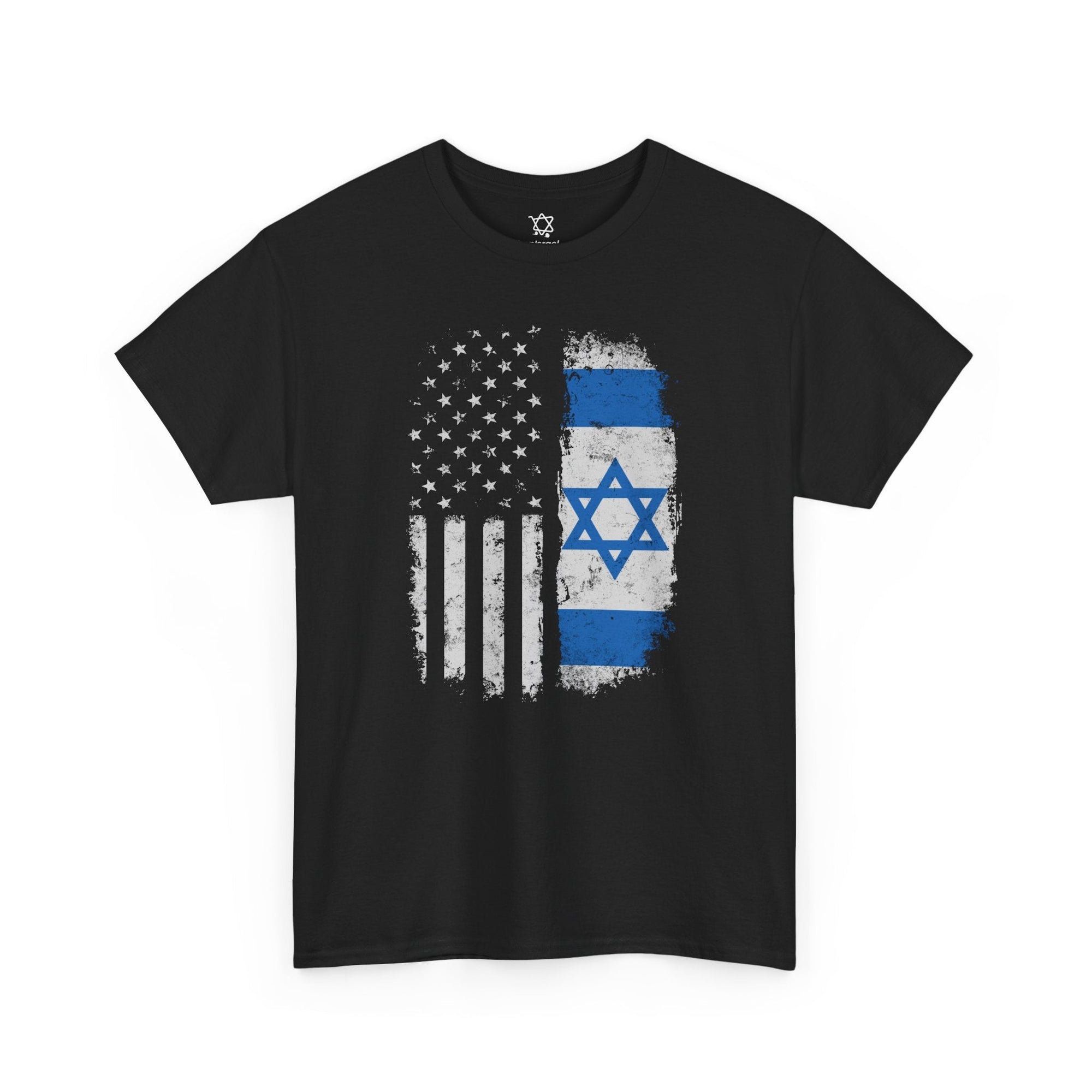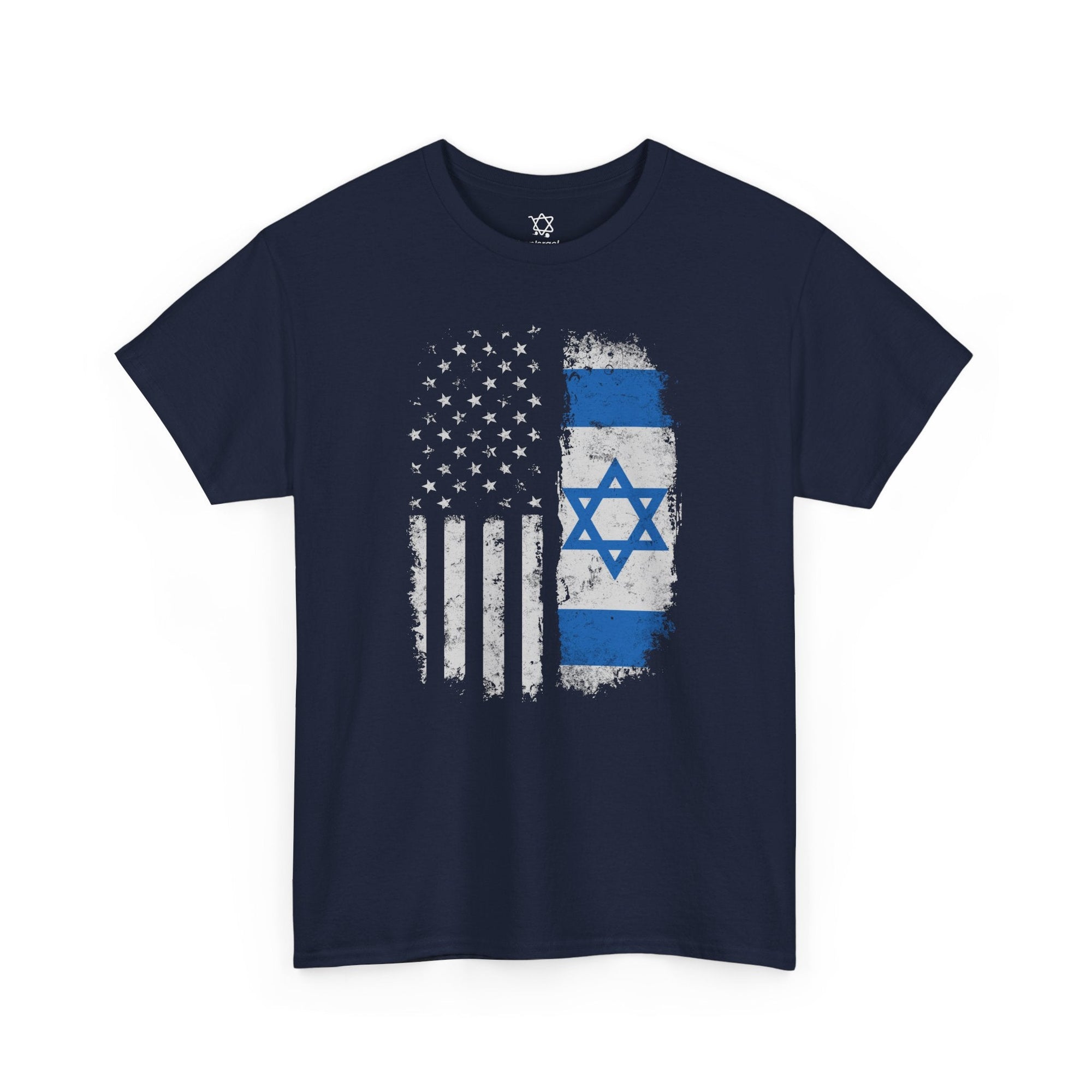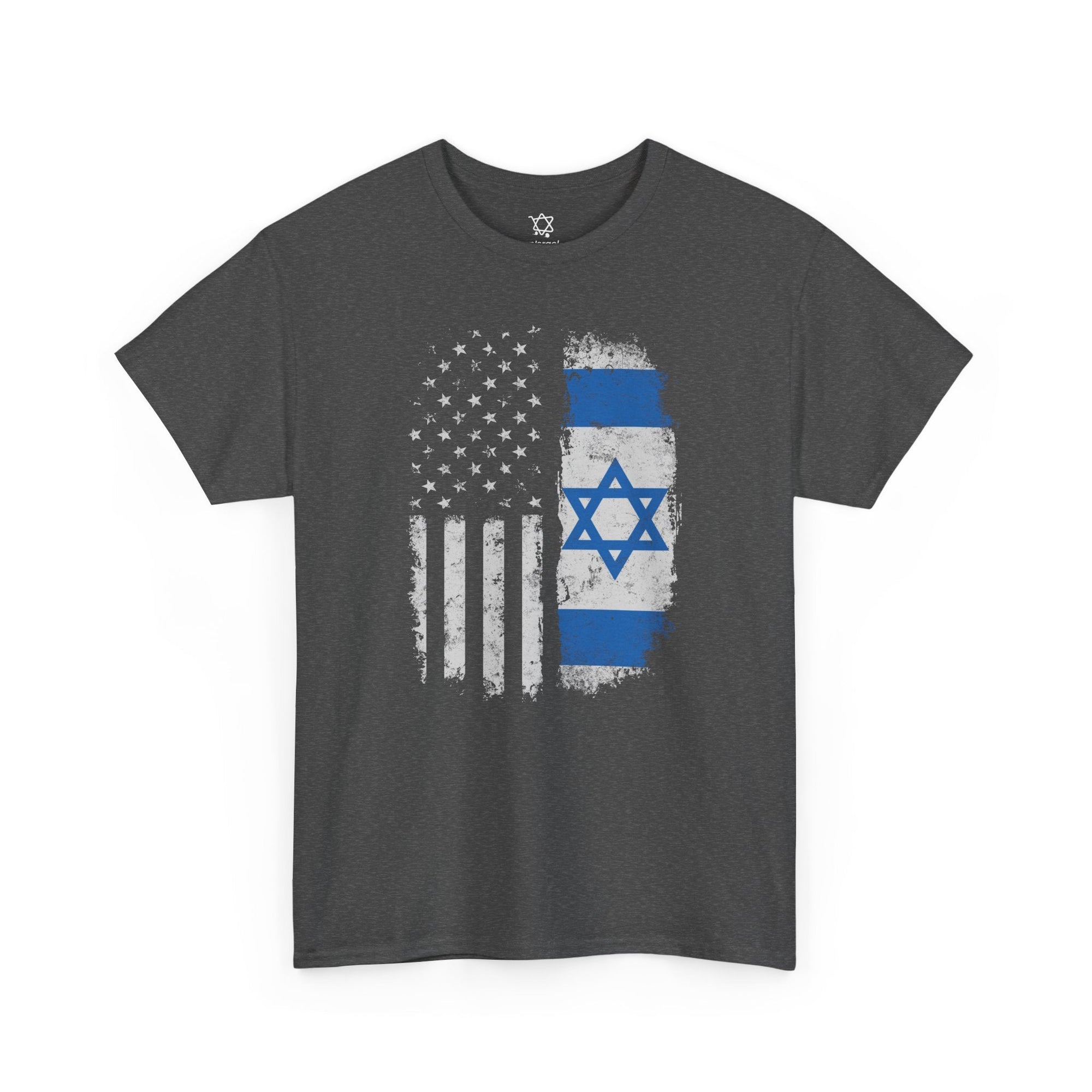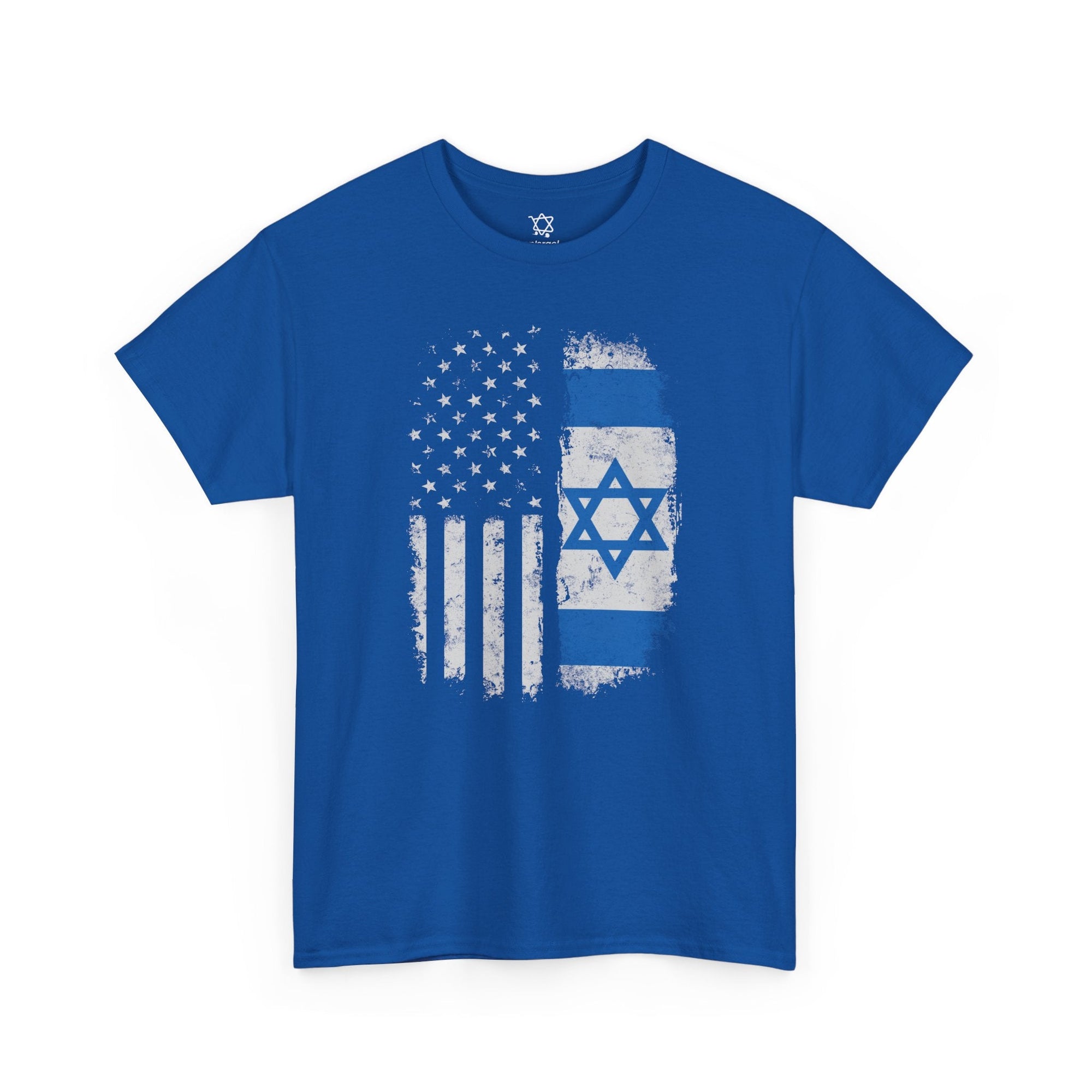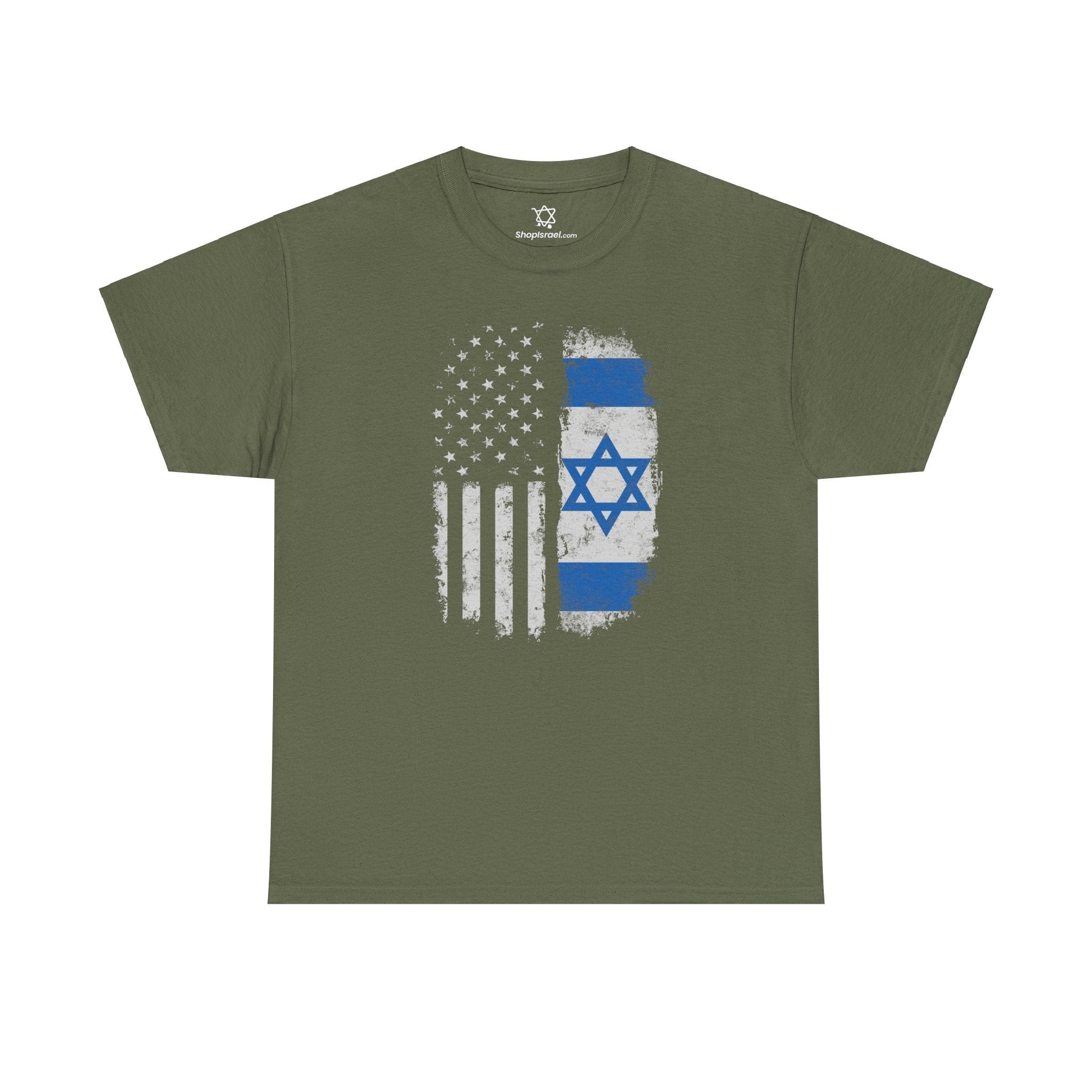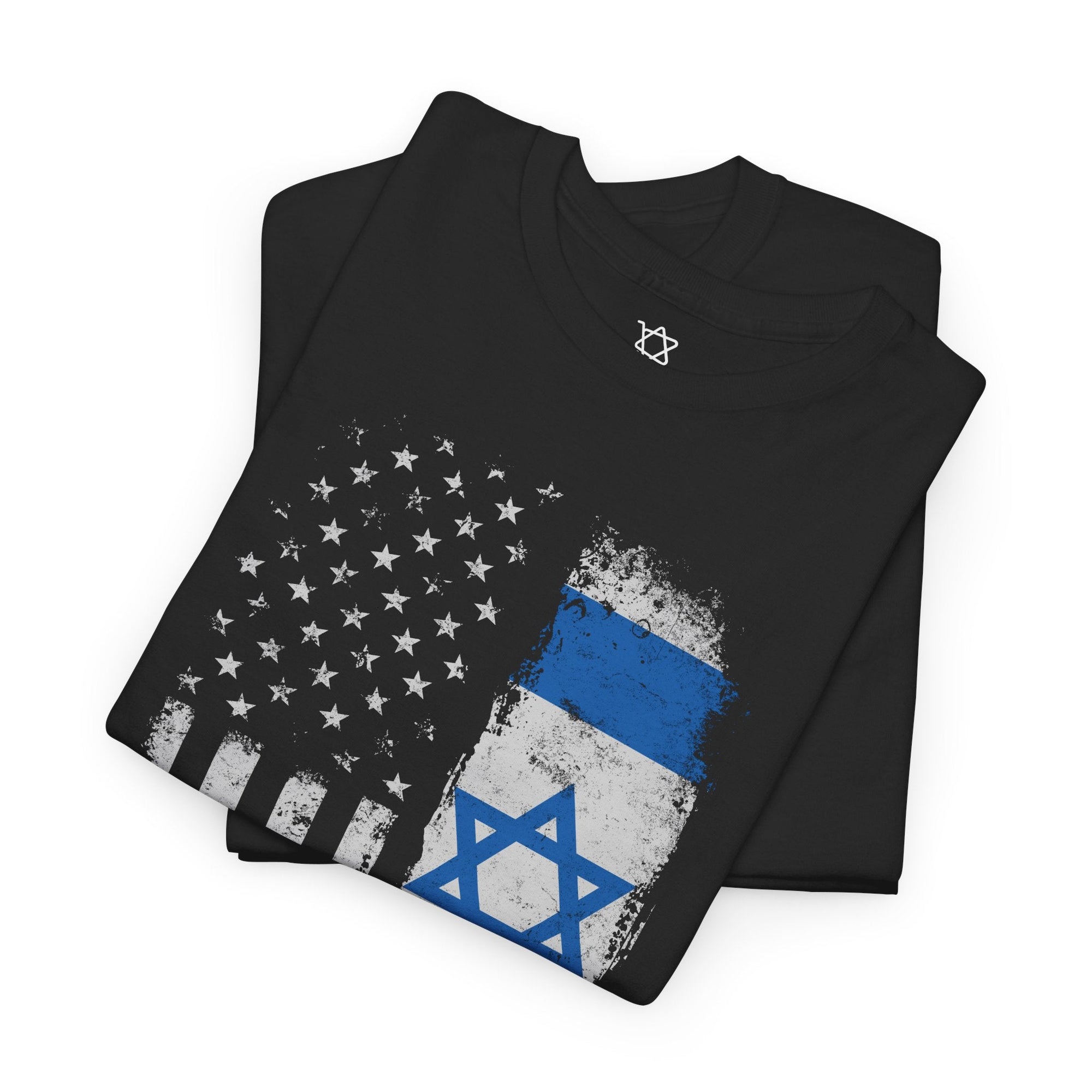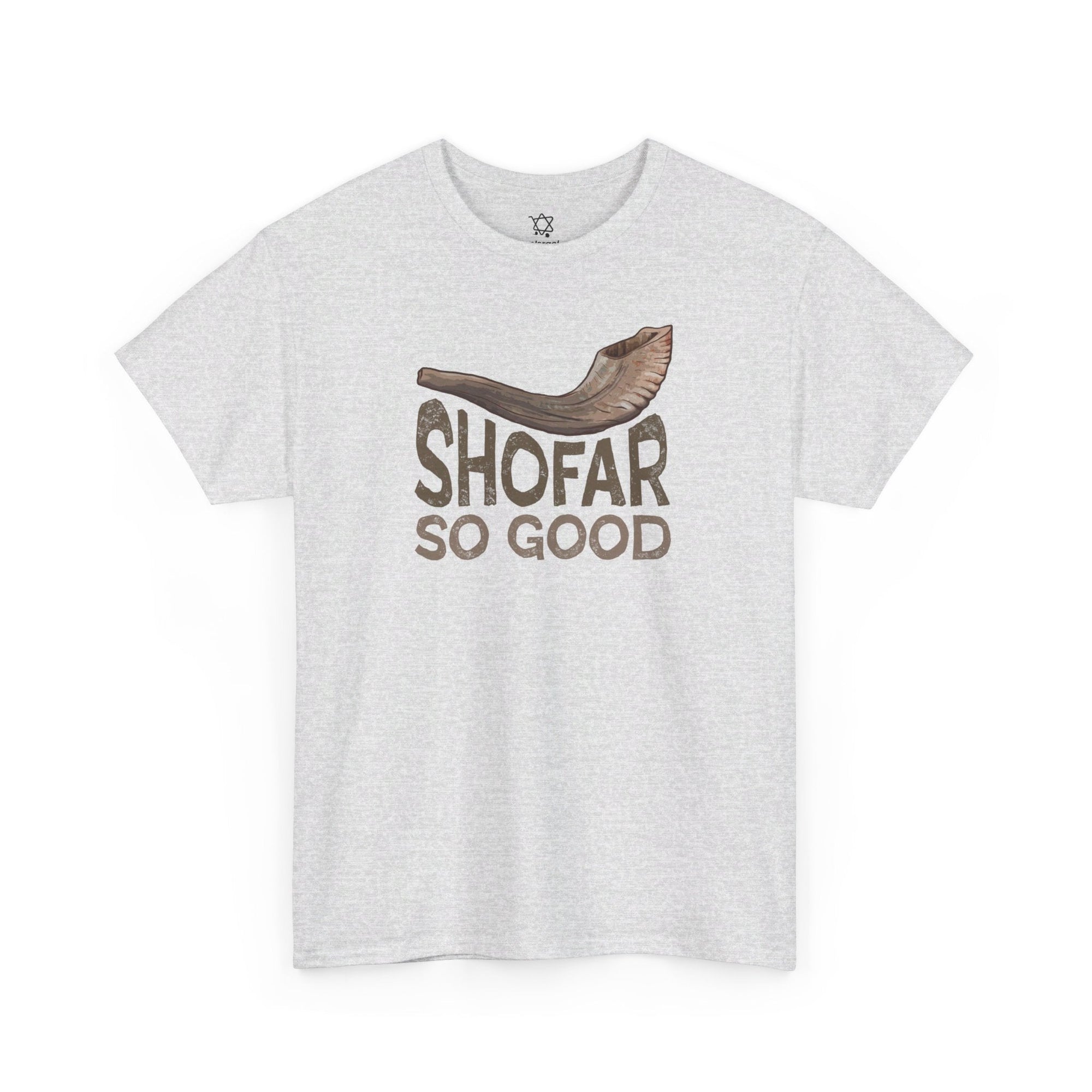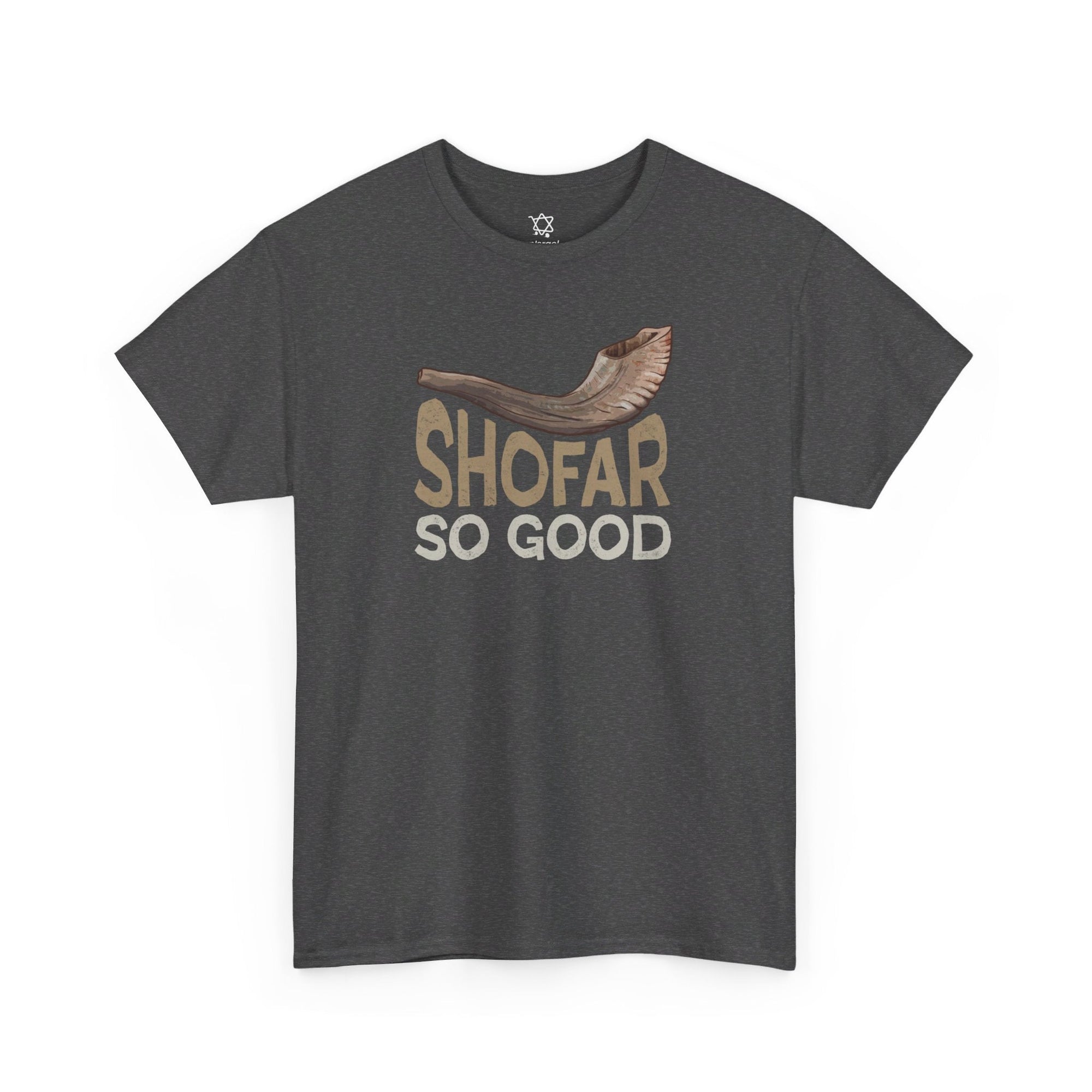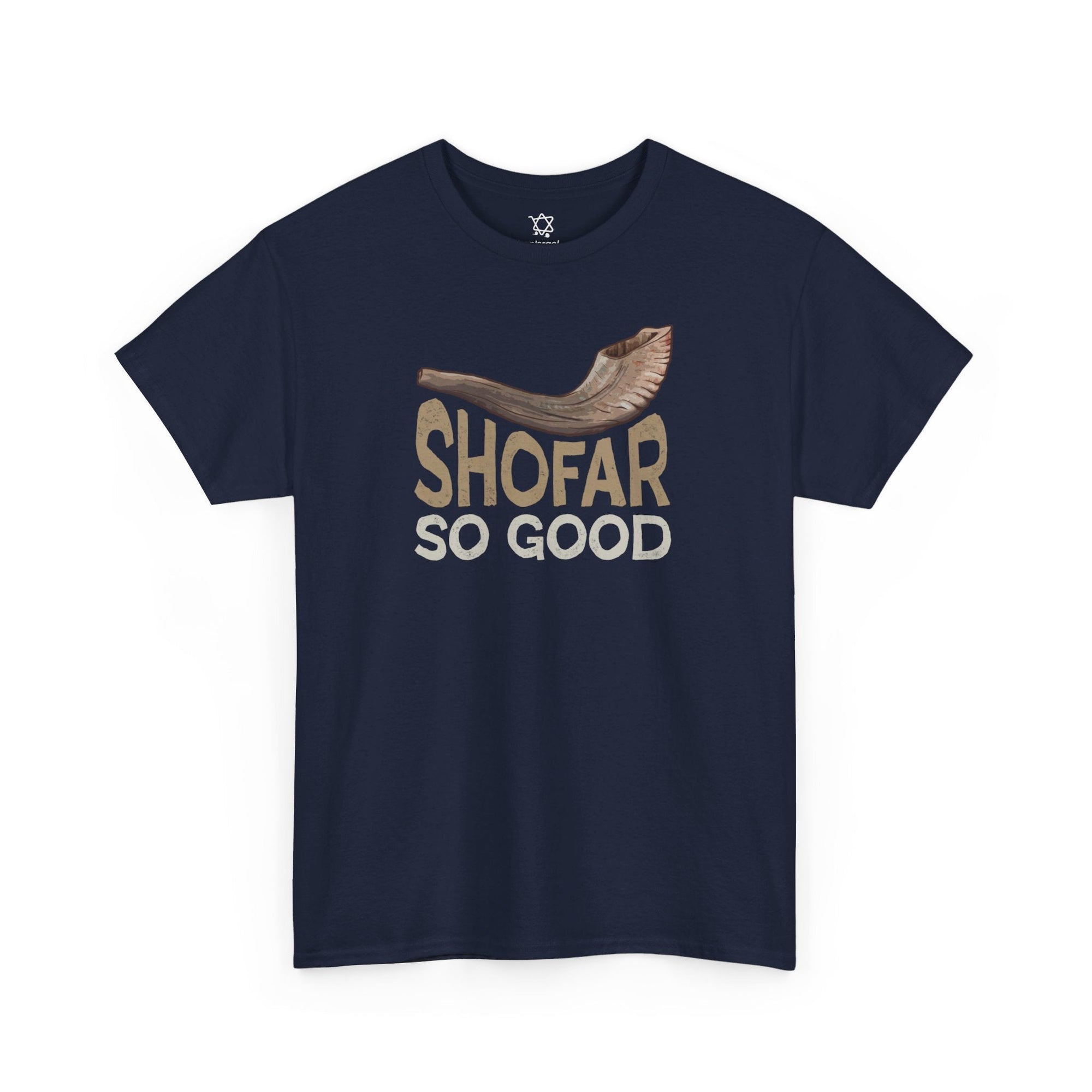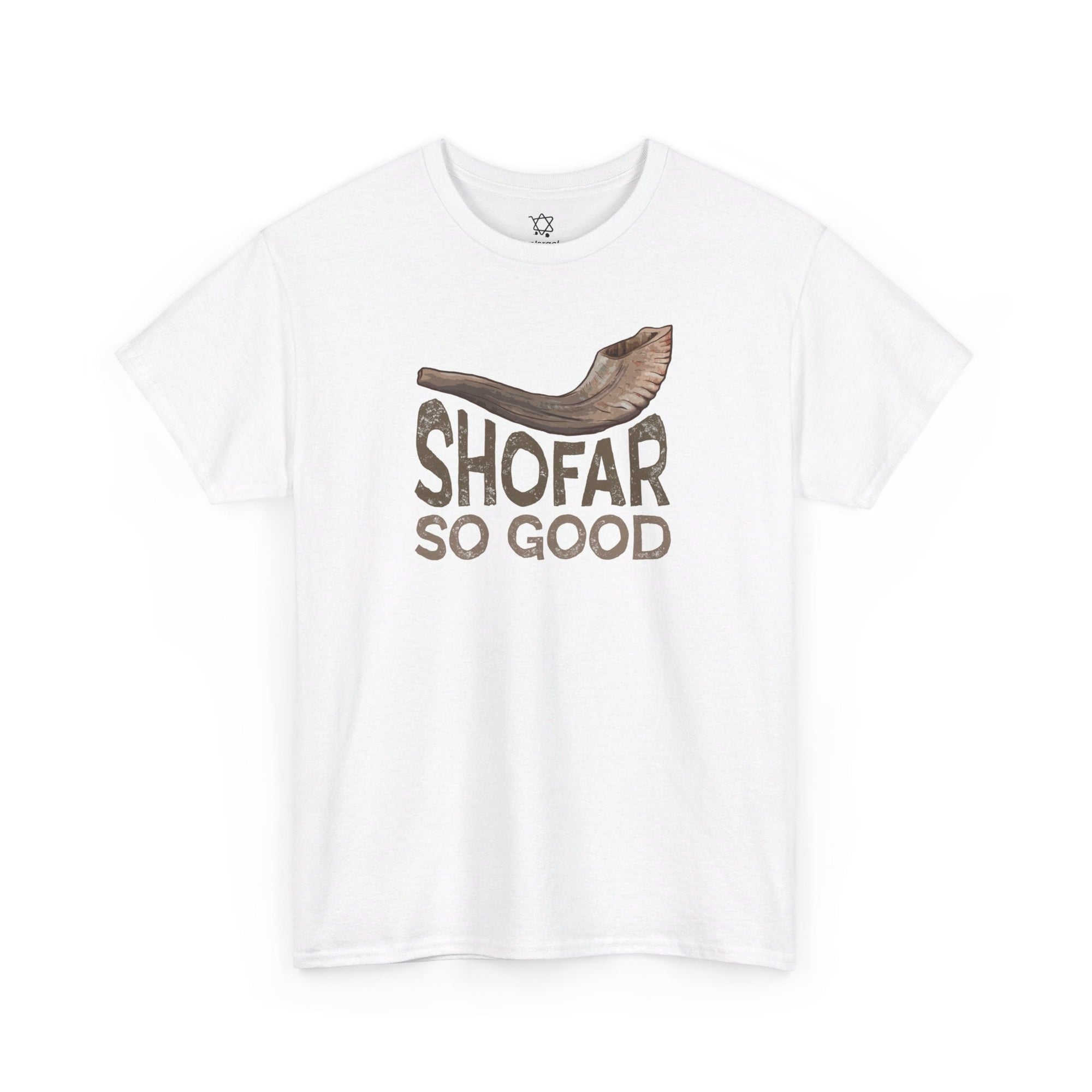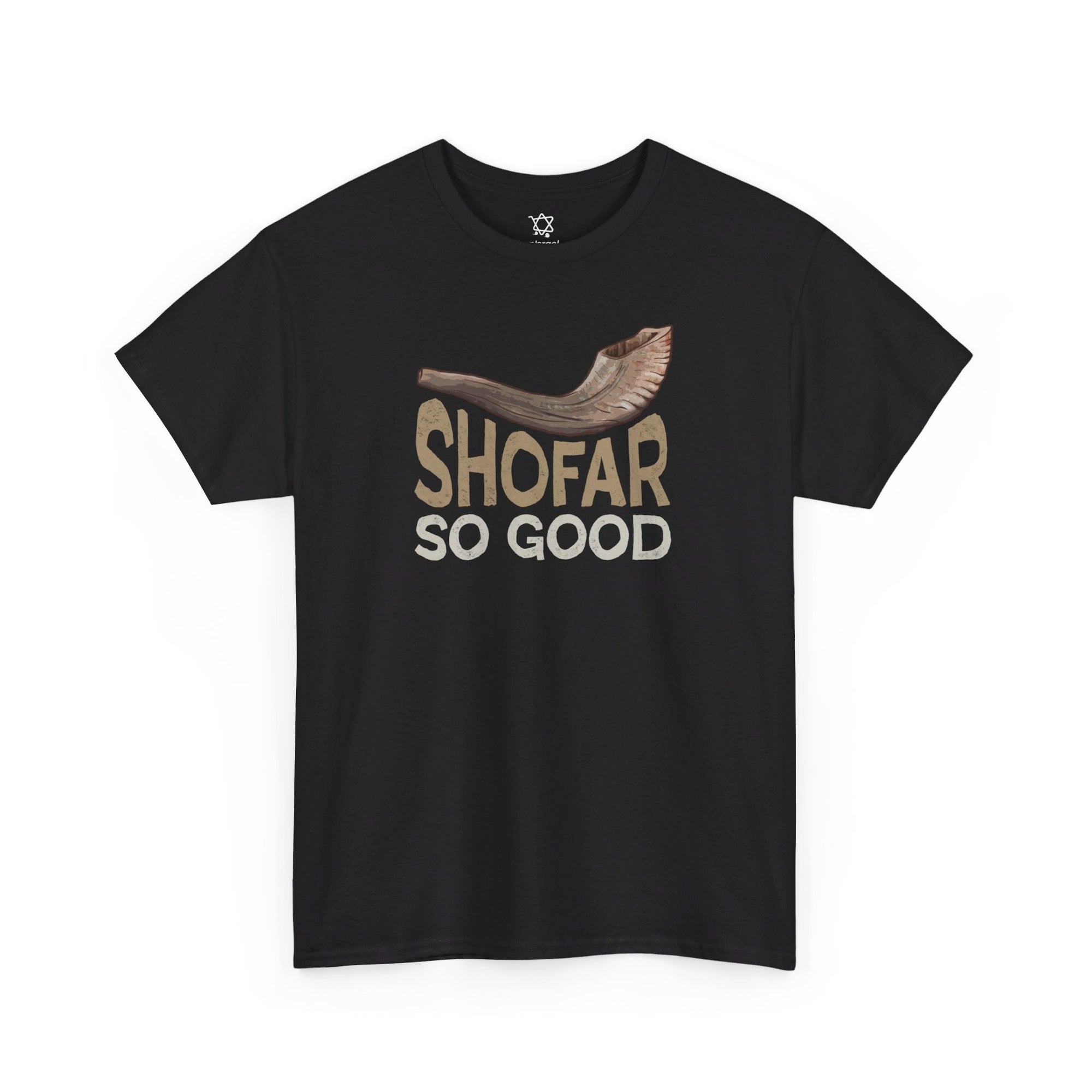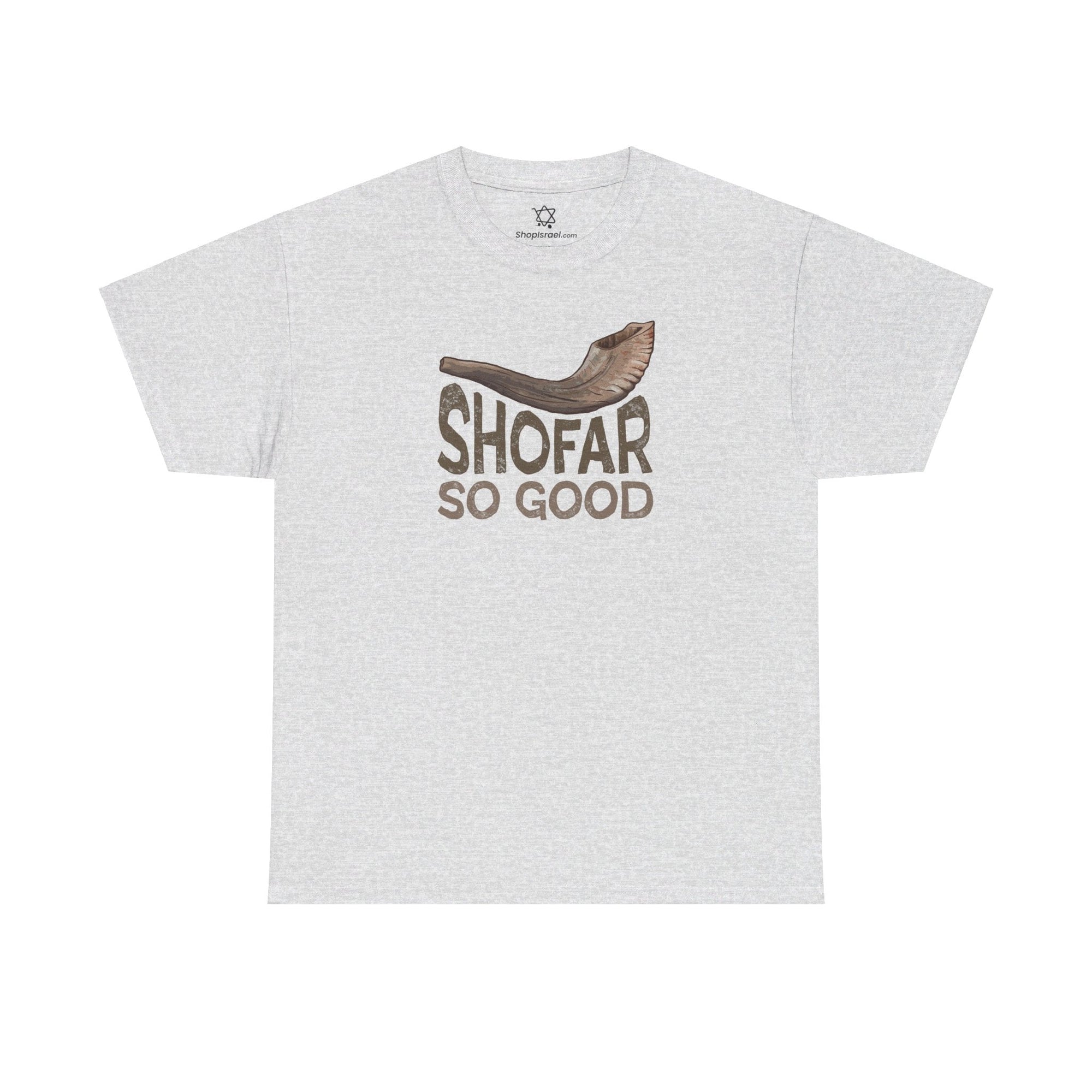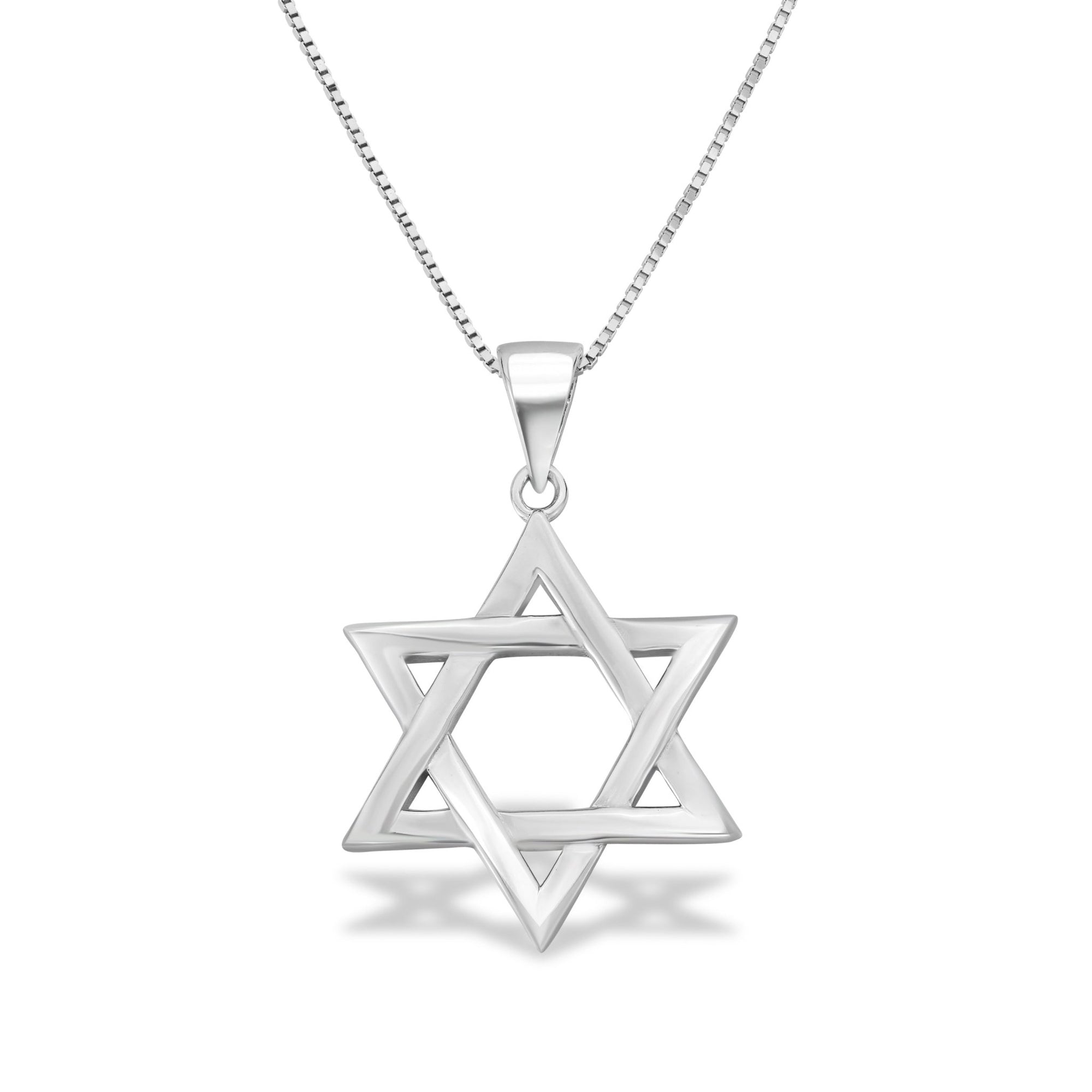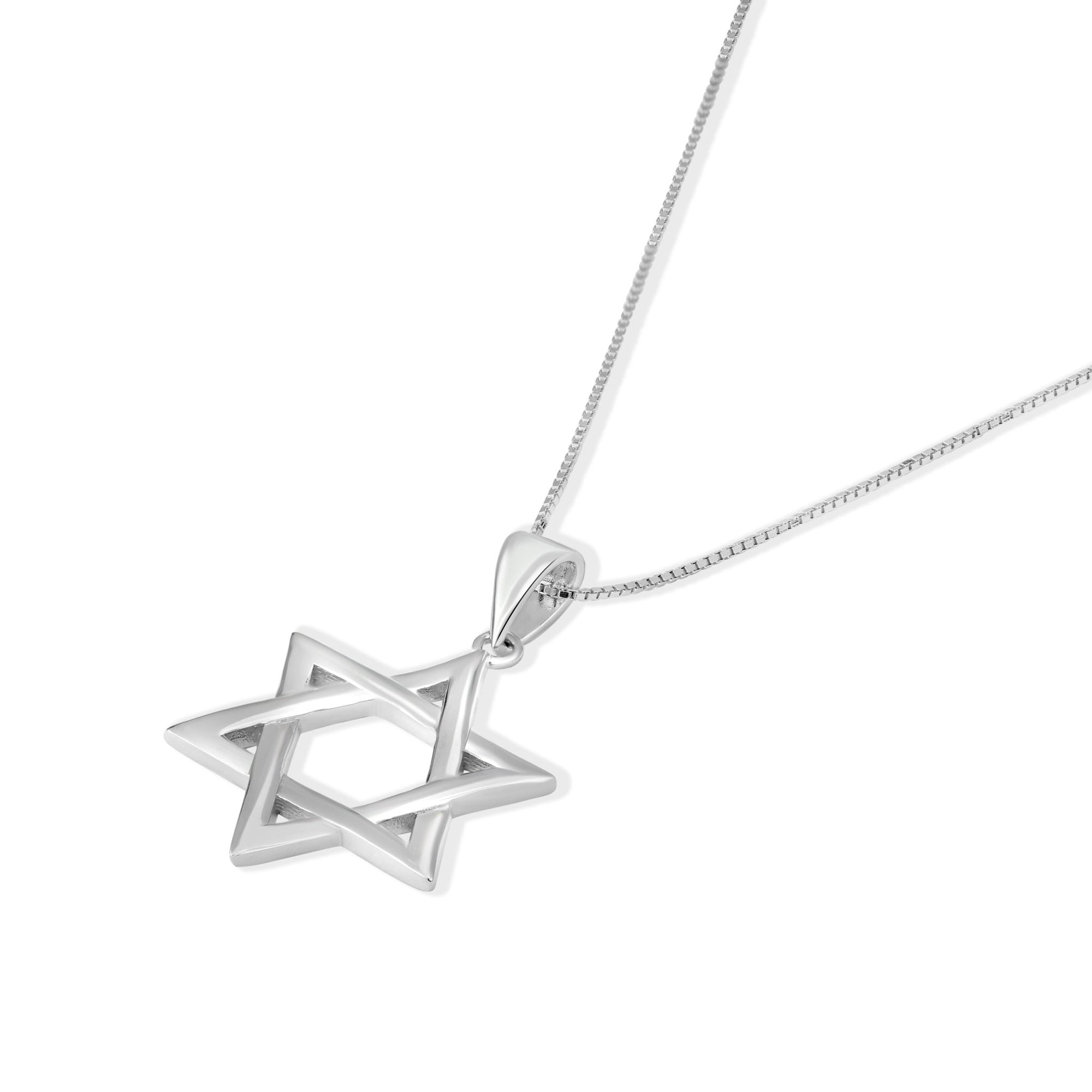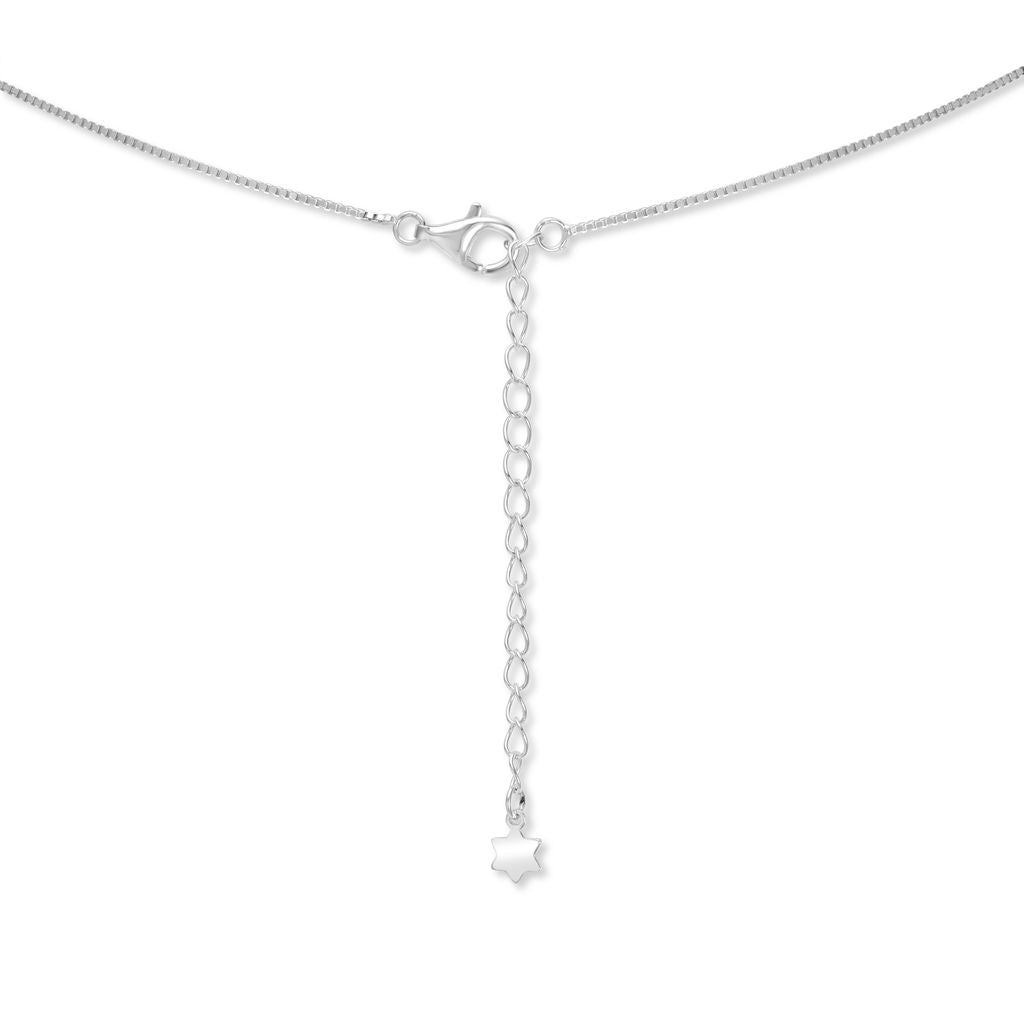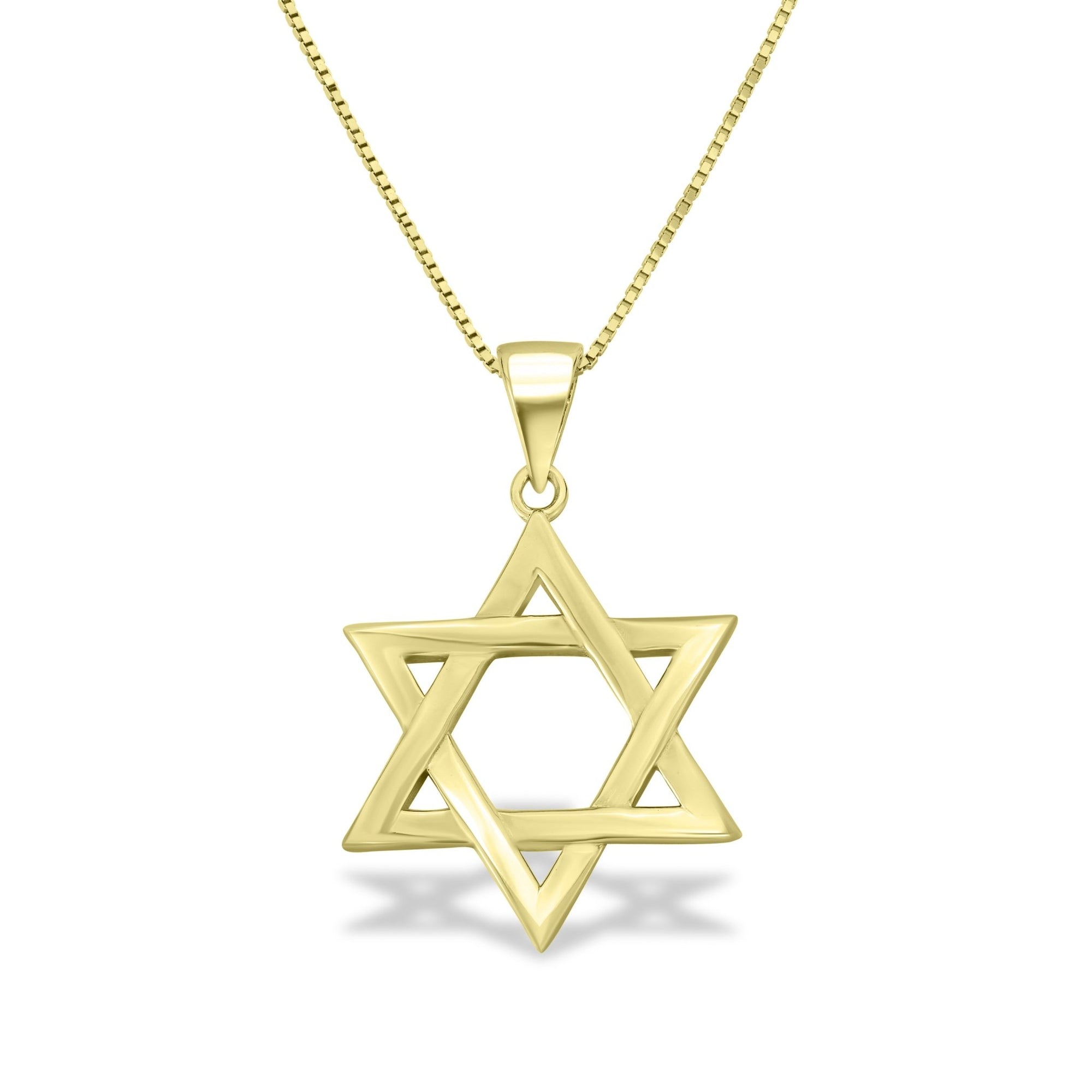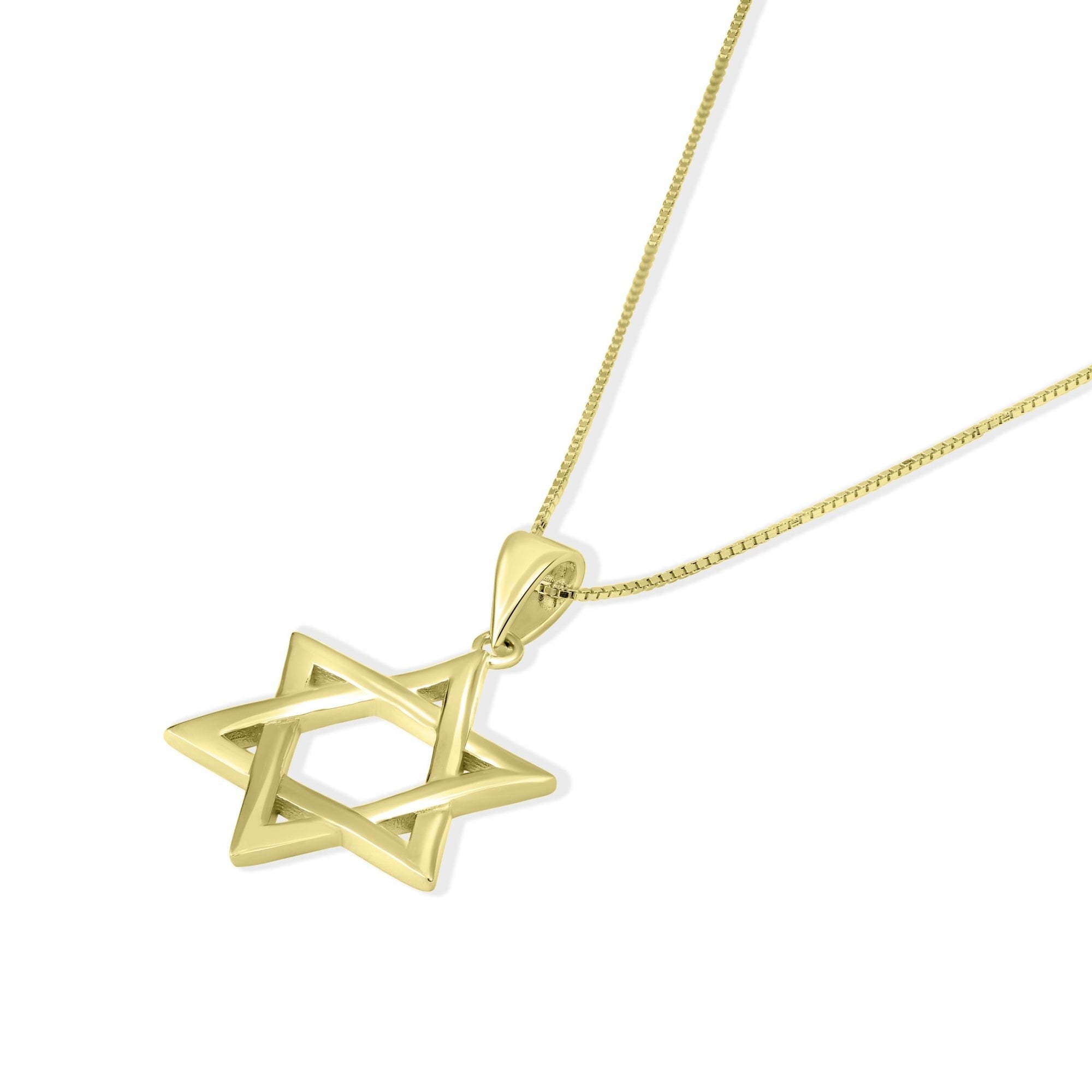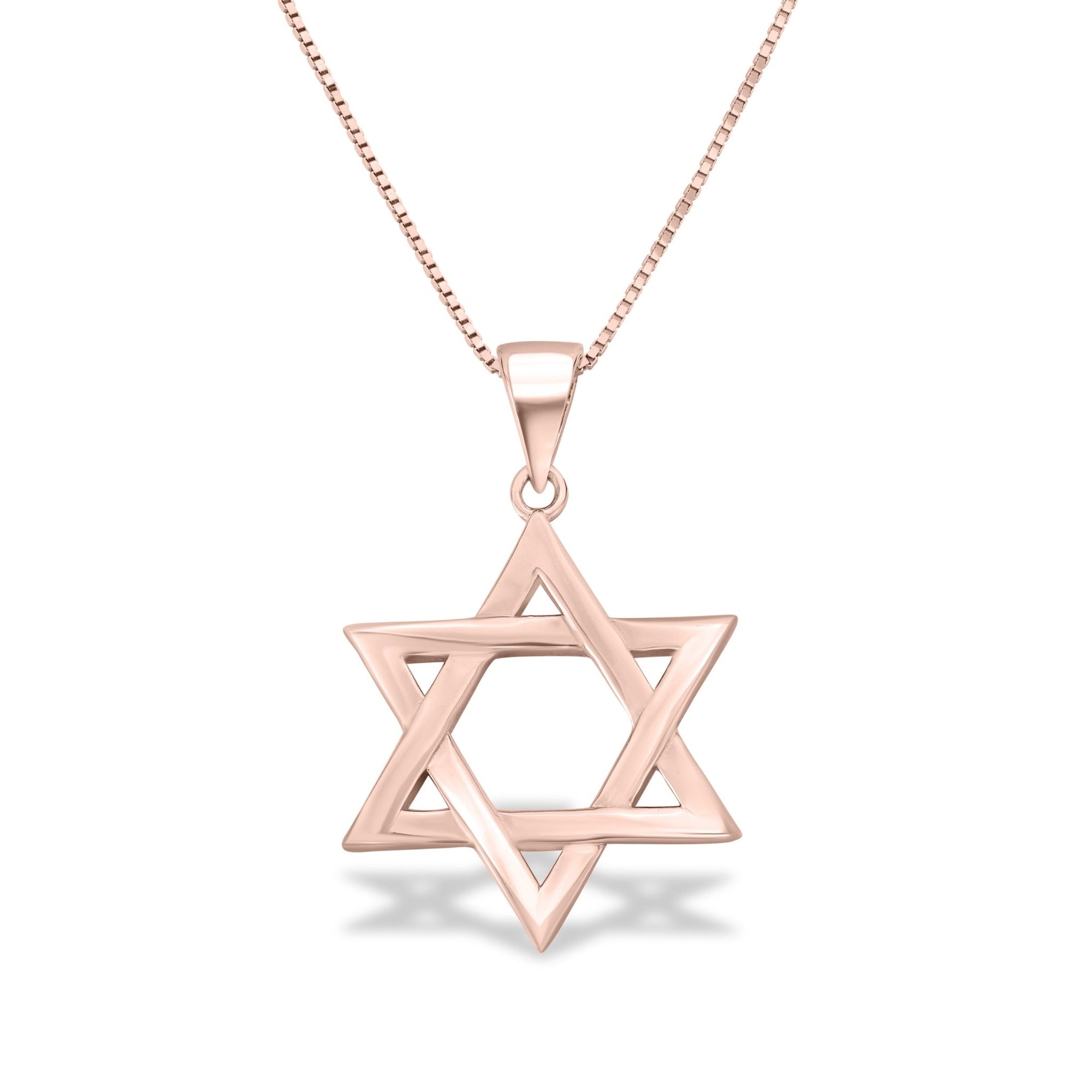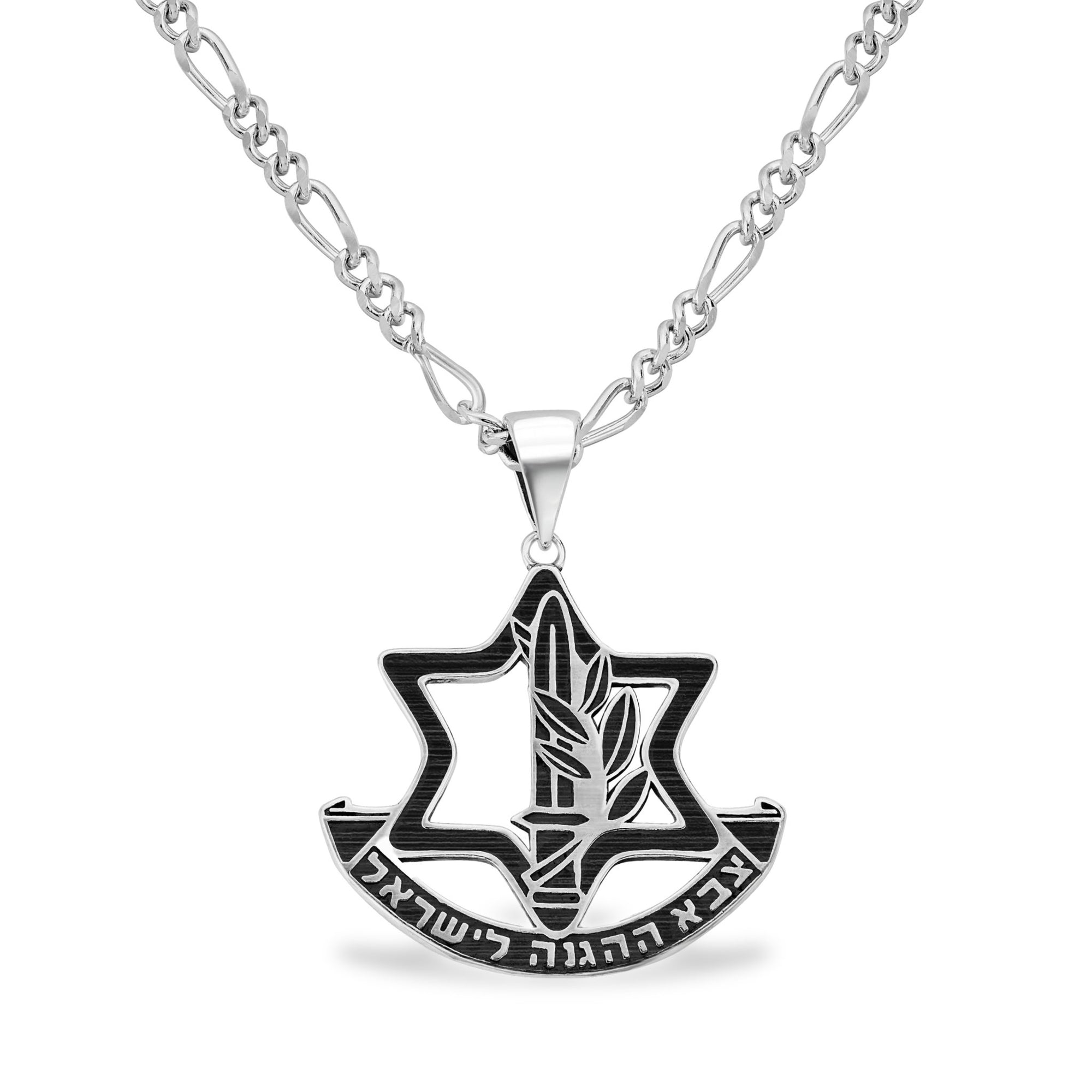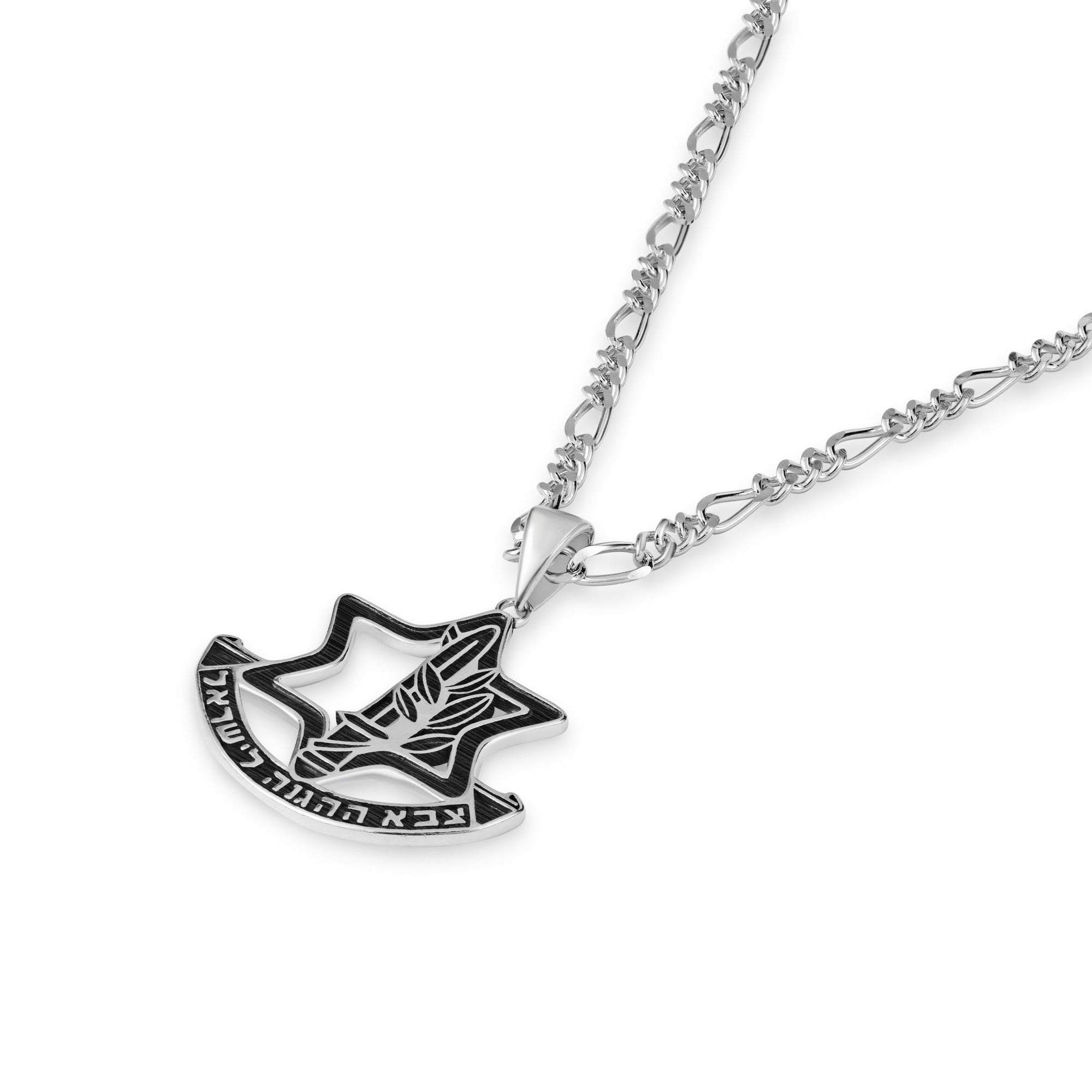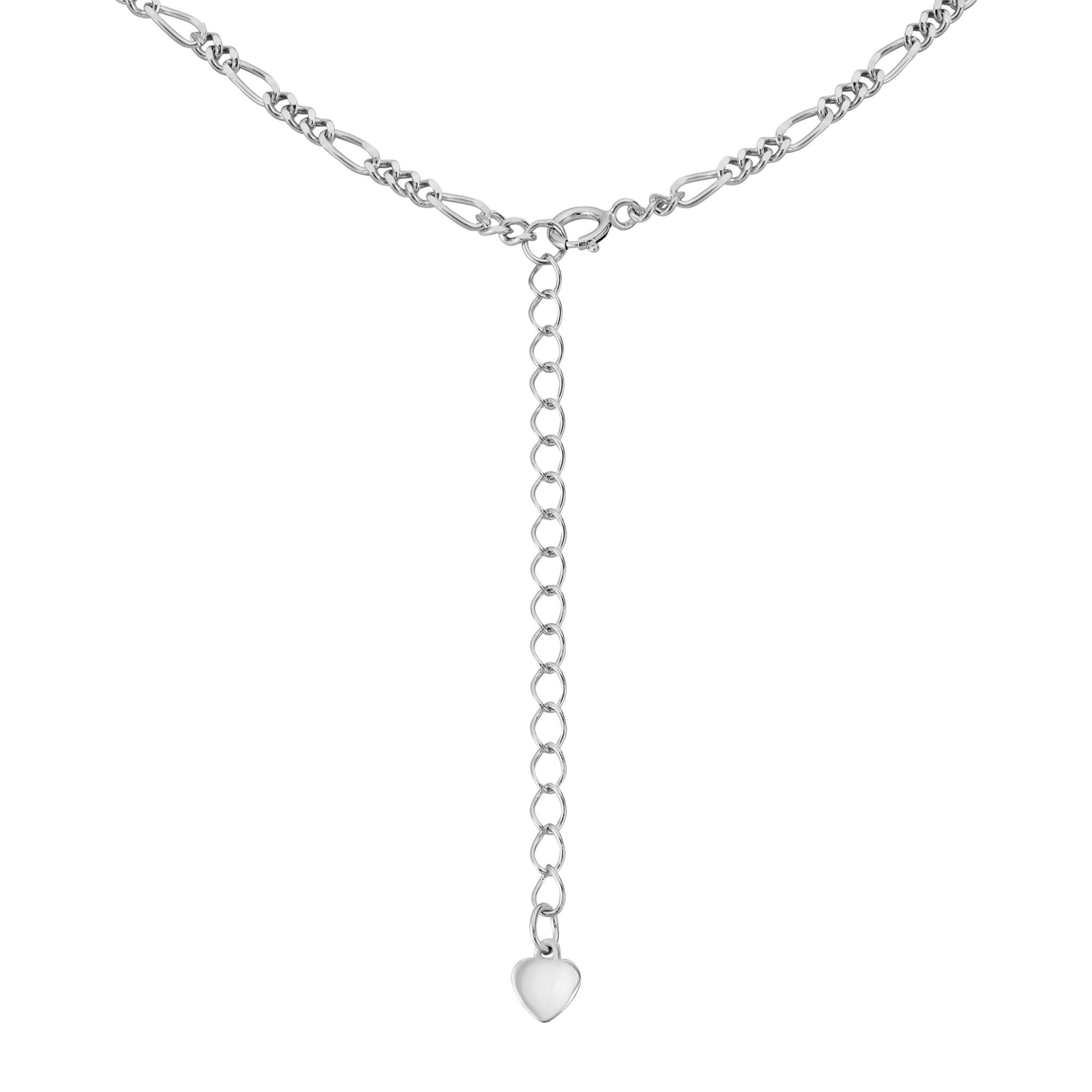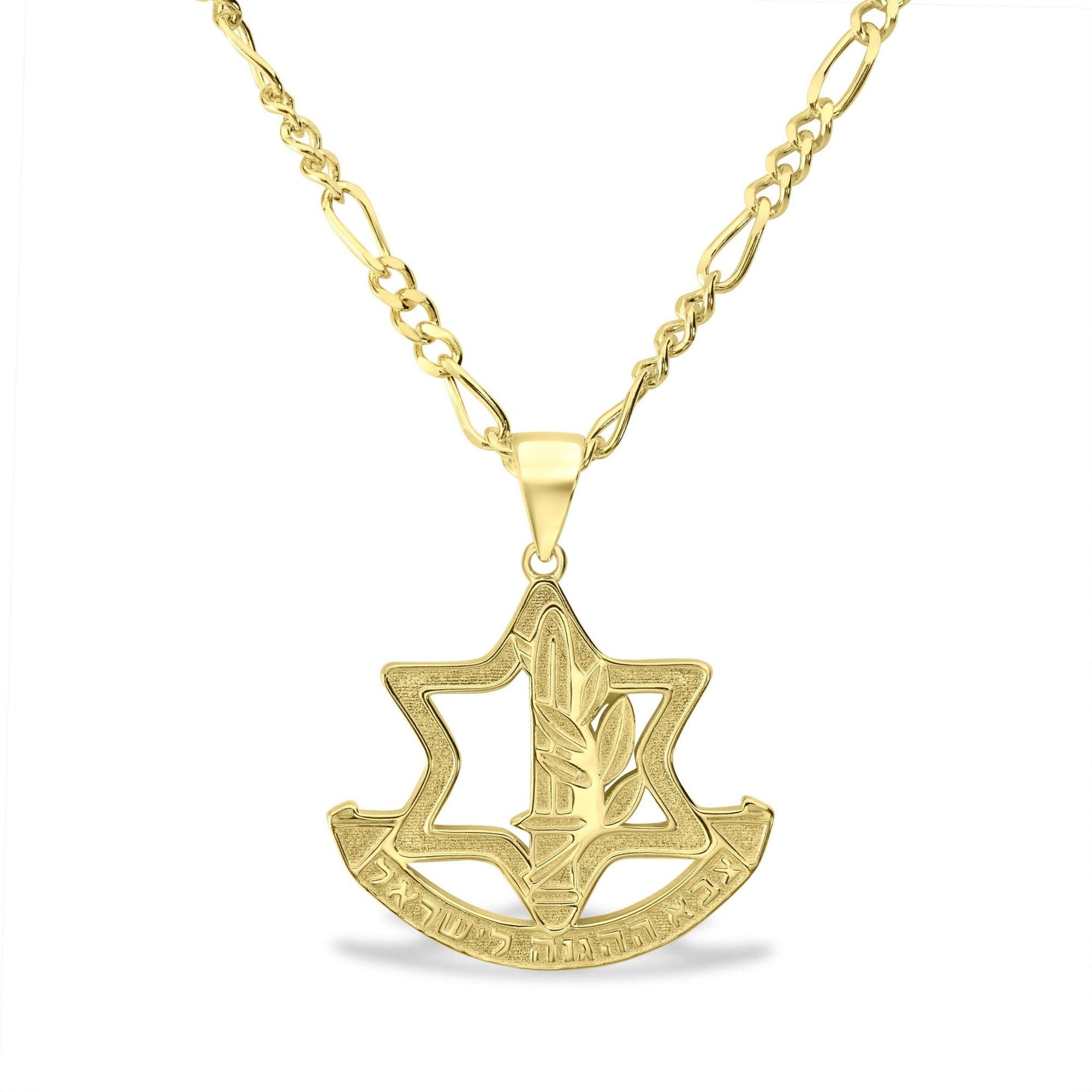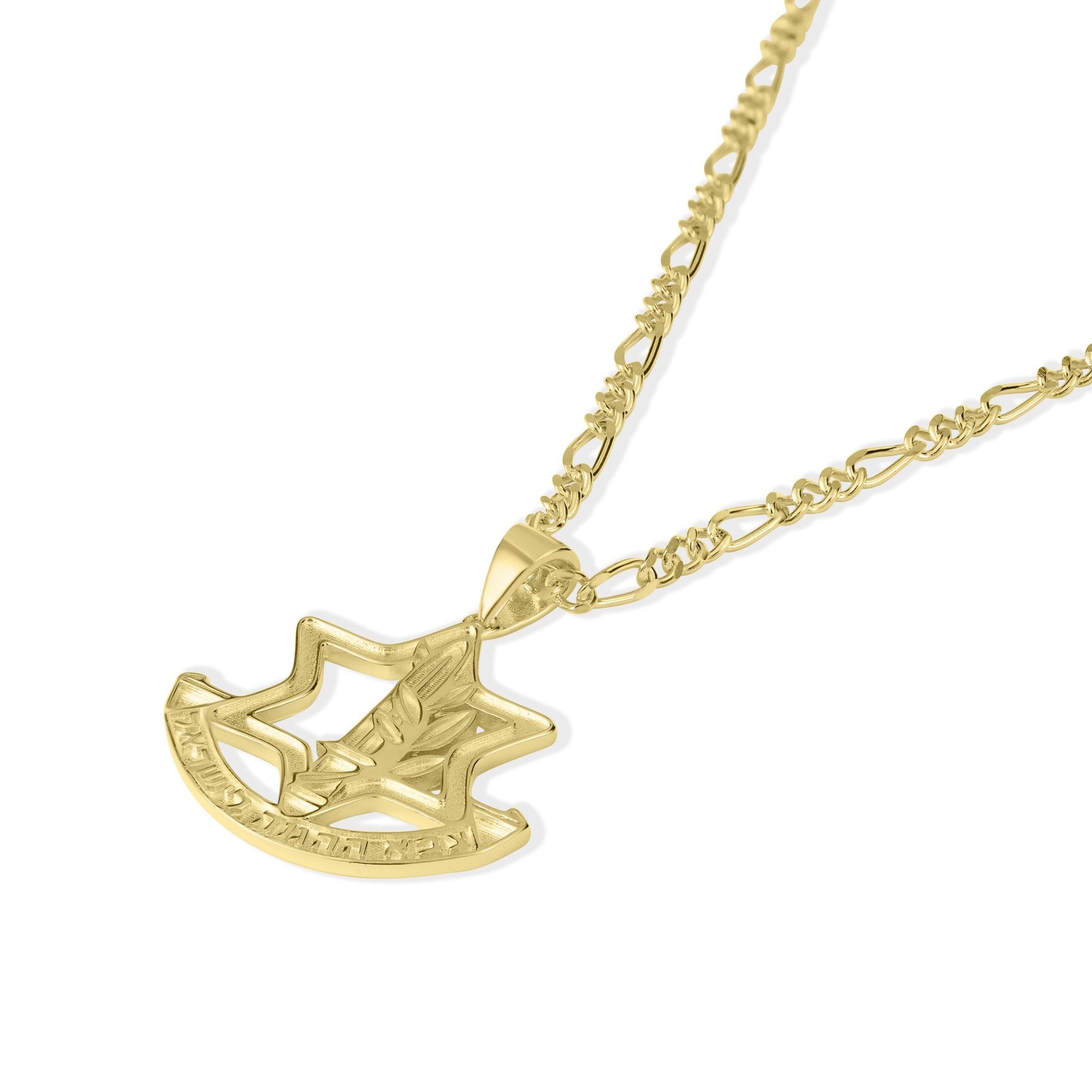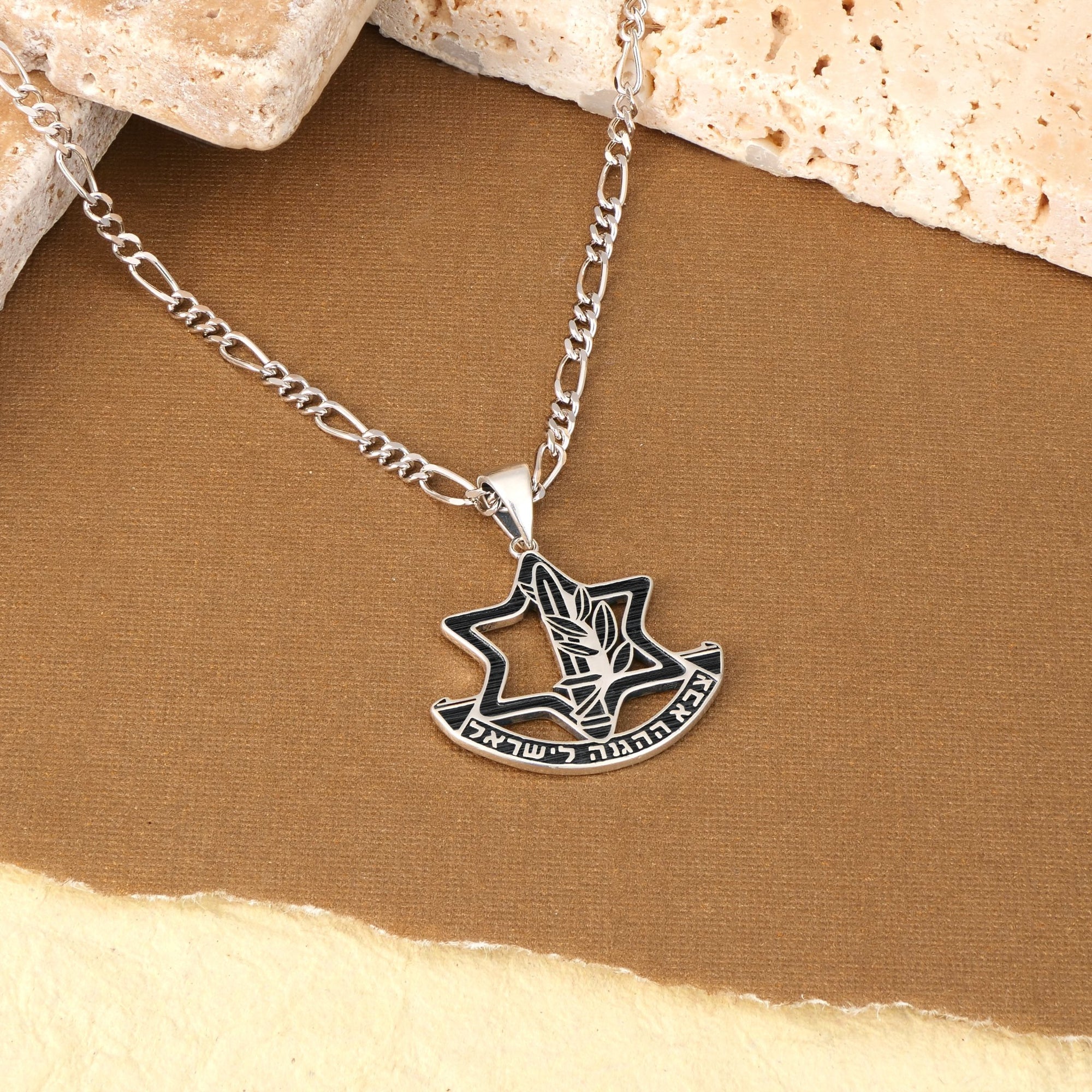Introduction: Connecting Through Culture and Commerce
In recent years, Israel-themed products and Jewish cultural items have taken on heightened significance among diverse communities worldwide. Beyond their aesthetic and ritual value, these products serve as tangible expressions of identity, solidarity, and remembrance — especially during times of conflict and political turbulence. From Star of David pendants worn with pride, to intricate Judaica and traditional arts, these artifacts forge connections to heritage, faith, and shared experiences. This article explores how customer stories reveal evolving relationships with Israeli and Jewish-themed products as symbols of cultural resilience and communal identity.
Rise in Demand: Jewelry and Judaica as Markers of Identity and Solidarity

How have Israeli and Jewish-themed products reflected identity and solidarity recently?
Since the Hamas attack on Israel on October 7, there has been a notable surge in the demand for Jewish-themed jewelry and Judaica. Items such as Star of David pendants, hamsas, and mezuzahs have seen sales jump by as much as 60% among Jewish communities, particularly in the U.S. These cultural symbols are worn and displayed as powerful markers of Jewish identity and as gestures of solidarity with Israel and victims affected by the conflict (Stars of David jewelry sales surge).
Are these products purchased solely by religious customers?
Purchases are not limited to religious Jews. Many non-religious Jewish individuals and even some Christian customers buy these items, reflecting a broader cultural and communal expression rather than purely religious motivations. This reveals how these symbols transcend worship to embody pride, remembrance, and shared historical bonds (Jewish and Christian support for Israel.
How do sales of jewelry and Judaica support the community?
Beyond personal expression, some vendors and purchasers contribute part of the proceeds from these sales to Israeli organizations such as Magen Dovid Adom. This charitable aspect underscores a community-driven effort to provide tangible support for Israel and those impacted by the conflict. It also reinforces the role of these products as tools for solidarity and aid during challenging times (Donations from Judaica sales to Israeli groups.
The rising popularity of Jewish cultural symbols and the increased purchasing of Israeli-themed items thus serve as both personal and collective statements during a period of heightened tension and reflection (Supporting Israeli artisans).
Artisan Craft and Tradition: Supporting Israeli Makers Through Authentic Products

How does purchasing Israeli artisanal products support identity and economy?
Buying authentic Israeli artisanal products offers more than just ownership of a beautiful item; it is a meaningful way to support small businesses and families, particularly those affected by ongoing conflicts. These handmade goods, such as olive wood carvings, scripture-based art, and traditional leather sandals, are crafted by skilled artisans who rely on such sales to sustain their livelihoods.
Purchasing these crafts helps maintain Israel's rich cultural heritage by keeping ancient traditions alive. Each item carries spiritual and cultural significance, reflecting centuries of history and Jewish identity. This connection reinforces pride among buyers — both within the Jewish community and beyond — and helps build economic resilience in communities adapting to difficult circumstances. For more on supporting Israeli products and artisans, see Supporting Israeli artisans.
What are common traditional Israeli crafts valued by customers?
Among the treasured traditional Israeli crafts are:
- Olive Wood Carvings: Skilled artisans shape olive wood into religious and decorative items that highlight biblical stories and symbols, embodying a deep connection to the land.
- Handmade Leather Sandals: Combining style with durability, these sandals are crafted using time-honored methods, representing the blending of tradition and practicality.
- Biblical Motif Artwork: Artists like Yair Emanuel create vibrant modern pieces inspired by ancient scripture, bridging past and present through art.
These crafts are cherished not only for their beauty but also for their embodiment of Israel's cultural identity, making them meaningful souvenirs and gifts. For a full guide on popular Israeli souvenirs including these crafts, see Israeli Souvenirs 101.
Supporting Israeli artisans by purchasing these authentic goods contributes directly to the preservation of cultural heritage, economic stability, and spiritual connection, especially at times when solidarity and identity are most vital.
Souvenirs as Cultural Ambassadors: From Museums to Markets
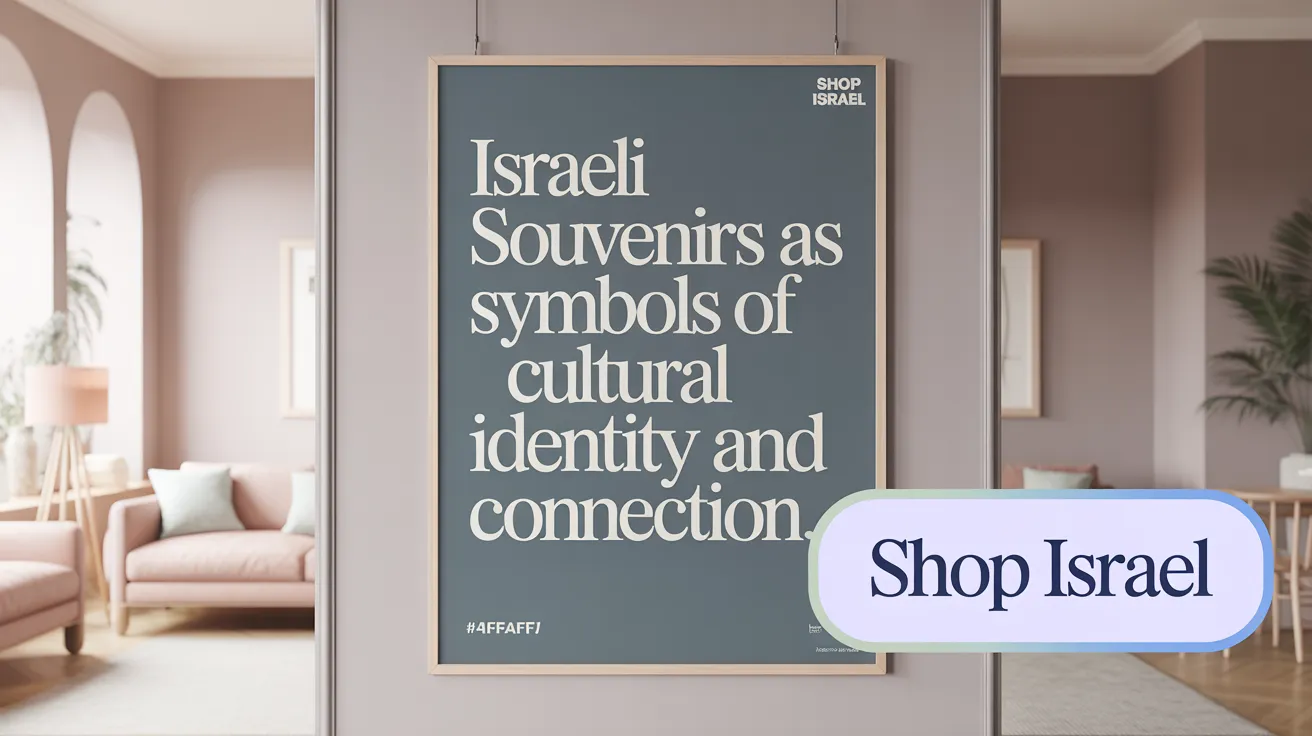
What kinds of Israeli souvenirs inspire cultural identity?
Israeli souvenirs span a wide range of artistic and cultural items that reflect the country's rich history and spiritual heritage. Prominent examples include Yair Emanuel’s colorful artwork featuring biblical motifs, which has influenced modern Israeli art. Armenian ceramics, crafted by immigrant families, represent a culturally significant tradition unique to Israel. Additionally, Dead Sea cosmetics made from mineral-rich waters, authentic olive oil rooted in biblical heritage, and handmade leather sandals blending style with tradition are sought after. The Israel Museum offers licensed replicas of Jewish historical relics, complete with authenticity certificates and explanatory materials, making these souvenirs meaningful keepsakes.
How do these souvenirs foster a sense of identity?
These items serve as tangible links to Israel’s cultural and historical legacy, allowing buyers worldwide—whether Jewish or non-Jewish—to feel connected to the land and its heritage. Souvenirs like the Star of David or religious artifacts become symbols of pride, solidarity, and remembrance. Culinary souvenirs such as Israeli boutique wines, chocolates, and artisanal foods offer a sensory experience of Israel’s flavors and traditions, deepening personal engagement with the culture. This blend of art, history, and cuisine helps maintain and promote Israeli identity globally, making souvenirs effective cultural ambassadors.
Nation Branding and Identity: Israel’s Strategic Image Building

How has Israel worked on branding to shape identity?
Since 2004, Israel has undertaken a focused micro-marketing campaign designed to strengthen and diversify its global image. This approach strategically emphasizes six domains: environment, people, technology and science, lifestyle, culture and the arts, and international aid. The campaign's success hinges on extensive research, targeted messaging, and sustained cooperation between government bodies and branding experts. Over the years, this long-term initiative has led to noticeable improvements in the way Israel is perceived internationally (Israel's image campaign domains).
What role does tailored branding play in Israeli identity?
The Israel Ministry of Tourism plays a crucial role by developing tailored brand identities that appeal to various groups, such as faith-based tourists, adventure seekers, and eco-travel enthusiasts. By crafting specific storytelling narratives, they showcase Israel’s rich history, diverse landscapes, and spiritual significance. This approach allows Israel to connect authentically with different audience segments, making its cultural and religious heritage accessible and meaningful to a broad range of visitors (David Sarfati insights on Israel Ministry of Tourism).
Collaboration and evolution in nation branding
Israel’s branding success is rooted in long-term strategic planning and the collaboration of government agencies, political leaders, and external branding professionals. Notably, the distinct sub-brands of cities like Jerusalem and Tel Aviv represent Israel’s dual identity — with Jerusalem symbolizing tradition and history and Tel Aviv embodying modernity and vibrant lifestyle. This duality broadens Israel’s appeal by addressing varied interests and perceptions (Israel micro-marketing country brand success.
Role of tourism agencies and ongoing efforts
Tourism agencies, especially the Israel Ministry of Tourism, maintain the brand presence through frequent activities, including social media engagement and launching informative content such as podcasts. These efforts help sustain a dynamic and trustworthy brand image, crucial for ongoing national identity formation and global solidarity (David Sarfati on building trusted tourism brands.
Overall, Israel’s deliberate and evolving nation branding not only improves its image globally but also fosters unity and pride among its diverse populations and supporters worldwide.
Personal Narratives: Wearing Symbols to Express Pride and Memory
Why do customers choose to wear Israeli and Jewish symbols?
Jewelry such as Star of David necklaces and other Jewish ritual items have become powerful ways for people to express Jewish pride and solidarity. Many wear these symbols as declarations of their identity and connection to Israel, especially in response to recent conflicts. For some, wearing the Star of David is a public affirmation of cultural resilience and an expression of support amid adversity. Additionally, these items act as memorials, honoring relatives and victims affected by violence.
How have personal stories shaped the meaning of these products?
The significance of Jewish symbols has deepened through personal narratives of loss, hope, and unity within communities. Customers’ stories transform these items from simple adornments into living symbols that carry shared memory and strength. Beyond religious purposes, even some Christian supporters purchase Judaica to demonstrate empathy and remembrance, highlighting the universal human desire for connection and peace.
Consumers are motivated by more than aesthetics; they seek meaningful ways to participate in remembrance and communal support. This solidarity is visible in increased sales and in sellers donating proceeds toward Israeli causes (Jewish products supporting Magen Dovid Adom. Through these symbols, individuals not only wear jewelry but embody a collective story of identity, pride, and perseverance.
Faith and Cultural Intersection: Jewish and Christian Customers Unite
Do non-Jewish customers also buy Israel-themed products?
Yes, many Christian customers are purchasing Jewish and Israeli-themed items. These purchases often go beyond religious observance and represent tangible expressions of their faith and a connection to biblical history. For many, buying such products is an act of solidarity, a prayer, or a way to support Israel and its people (Jewish and Christian support for Israel.
How does this cross-faith interest influence identity expression?
This shared interest across faiths broadens the cultural reach of Israel-themed products. It encourages interfaith understanding by creating common ground in celebrating heritage and faith traditions. Through these purchases, individuals express identity not just within their own religious community but also in solidarity with others, expanding how cultural and spiritual identity is affirmed (Connecting faith through Israeli crafts.
Spiritual and community-driven motivations behind purchases
Many Jewish customers purchase Stars of David, hamsas, and mezuzahs as expressions of pride and remembrance, especially following events like the October 7 Hamas attacks on Israel (Stars of David jewelry sales surge. Similarly, Christian customers often buy these items as a form of praying over the symbols or as a way to tangibly connect with their faith and the biblical roots shared with Jewish culture.
Sellers have noticed this surge in community-driven buying behavior, with some donating proceeds to Israeli organizations (Donations from Judaica sales to Israeli groups. This reflects a collective, cross-faith effort to support victims and demonstrate unity through culturally meaningful products.
These purchasing patterns highlight the powerful role that faith and culture play in uniting diverse communities around shared values and histories, deepening connections to identity and promoting solidarity (Jewish symbols popularity post-October 7.
Navigating Complex Identities: Secular Jewish Culture and Its Influence
What is secular Judaism and how does it shape cultural identity?
Secular Judaism represents a movement within Jewish culture that focuses more on cultural, historical, and national aspects of Jewish identity rather than strict religious observance. This evolving identity highlights traditions, shared heritage, and community values without necessarily emphasizing religious practice (Secular Judaism and Its Prospects).
How does secular Jewish identity influence cultural consumption?
People with secular Jewish identity often seek products that symbolize their heritage and cultural connection. Items like Judaica, Israeli art, and symbolic souvenirs become tools for expressing identity beyond religion. This has led to growing interest in Israeli and Jewish-themed products as meaningful cultural expressions (Stars of David jewelry sales surge, Israeli Souvenirs 101, Supporting Israeli artisans.
How do secular Jewish aspects inspire the demand for Israel-themed products?
Symbolic items such as the Star of David, mezuzahs, and Jewish ritual art serve as cultural anchors for those who engage with Judaism through a secular lens. These items allow individuals to connect with Jewish history, community stories, and Israeli culture in personal and collective ways—even when not practicing religion (Jewish jewelry and Judaica sales, Israeli souvenirs guide).
Why are these products important for secular Jews?
For secular Jews, these cultural items affirm identity and solidarity. They provide a way to celebrate heritage, honor historical memory, and participate in communal experiences connected to Israel and Jewish culture. These products help keep traditions and cultural pride visible and relevant across diverse Jewish experiences (Jewish symbols popularity post-October 7, Supporting Israeli products online and locally.
Economic and Social Impact: Beyond Symbols
What economic challenges surround Israeli products related to the conflict?
Labeling Israeli products, especially those from settlements in Judea and Samaria, presents significant economic challenges. Such labeling often stigmatizes these goods, threatening the livelihoods of many workers—including both Jewish and Palestinian employees—who rely on industrial and agricultural jobs in these areas. The well-known SodaStream incident illustrates how product labeling can lead to job losses and economic disruption. This labeling oversimplifies the complex realities on the ground, ignoring the intertwined economic relationships and cooperation between Israeli and Palestinian communities. For more insights, see Labeling Israeli products harms both Jews and Palestinians.
How can supporting Israeli products promote peace and identity simultaneously?
Supporting authentic Israeli goods goes beyond mere consumerism; it is a way to nurture economic resilience and cultural identity. When buyers choose Israeli artisanal crafts, handmade Judaica, or locally produced food items, they help sustain small businesses and families affected by regional conflicts. These purchases preserve Israel's rich heritage and traditions, keeping its cultural spirit alive. Learn more about supporting Israeli products online and locally and find suggestions for Israeli souvenirs.
Moreover, economic support through commerce fosters community and peace-building. Employment and cooperation between Jewish and Palestinian populations can thrive when consumers support products that reflect shared efforts rather than division. This economic interdependence can create bridges for dialogue and stability in a historically fraught environment.
In essence, buying Israeli products can symbolize solidarity, affirm cultural pride, and promote peaceful coexistence by encouraging economic collaboration and mutual respect across communities. Additionally, Jewish jewelry and Judaica sales have surged post-conflict, showing a cultural and economic expression of unity and support.
Conclusion: Israel-Themed Products as Vessels of Identity and Unity
Israel-themed products—from jewelry and Judaica to artisanal crafts and souvenirs—serve as powerful vessels of identity, connection, and solidarity across religious and cultural lines. Customer stories reveal how these tangible items transcend simple commerce to become expressions of pride, remembrance, and support for heritage amid ongoing challenges. By weaving tradition with modern nation branding and economic interdependence, these products help maintain a vibrant cultural legacy and offer pathways for unity and dialogue. Whether worn as symbols of faith, gifted as culinary and artistic treasures, or purchased in support of resilient artisans, Israel-themed items continue to inspire and reinforce diverse personal and communal identities worldwide.



